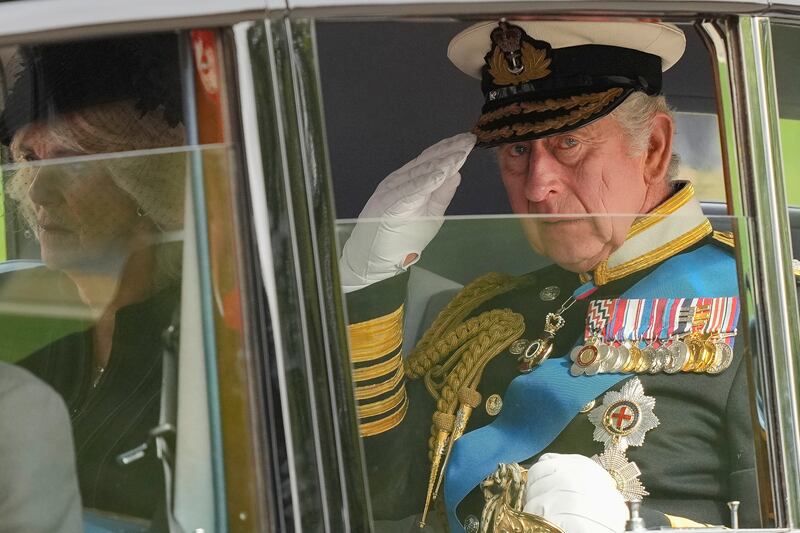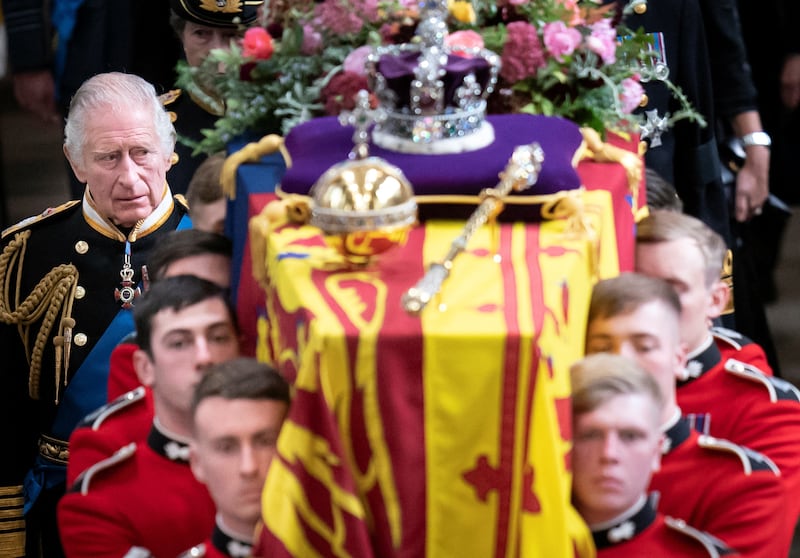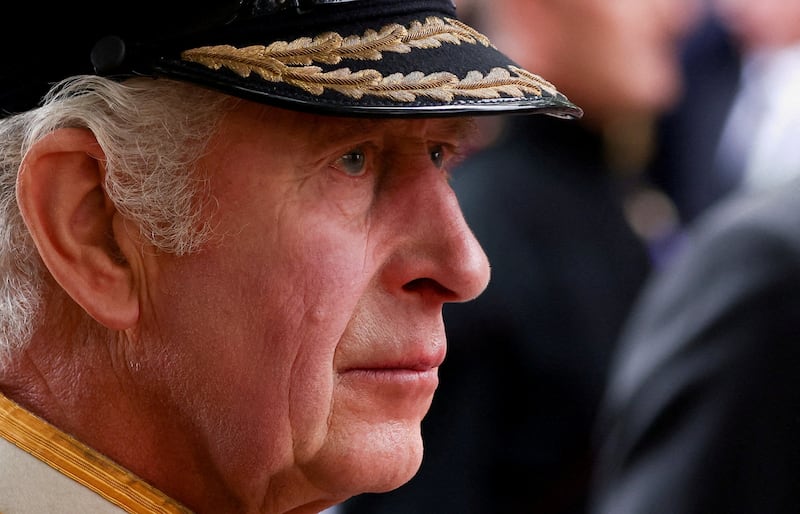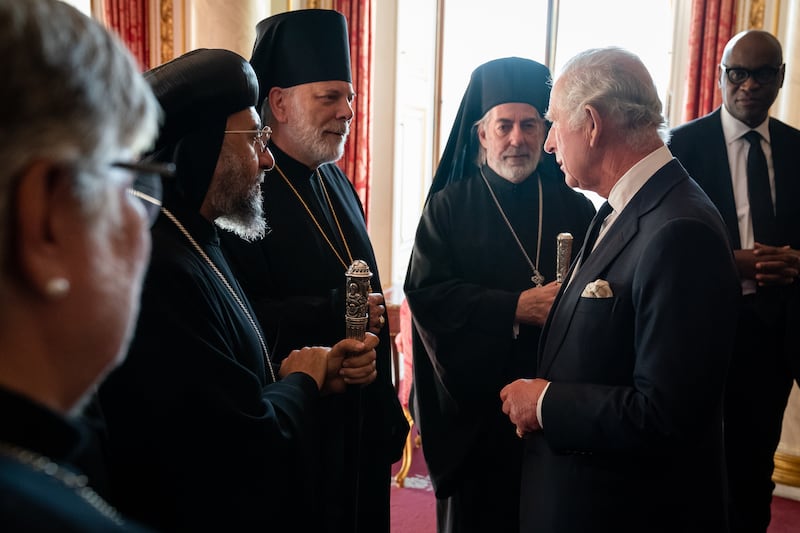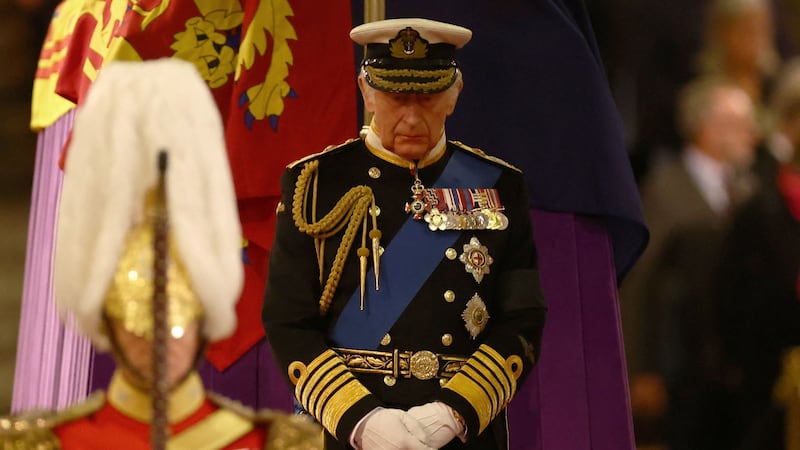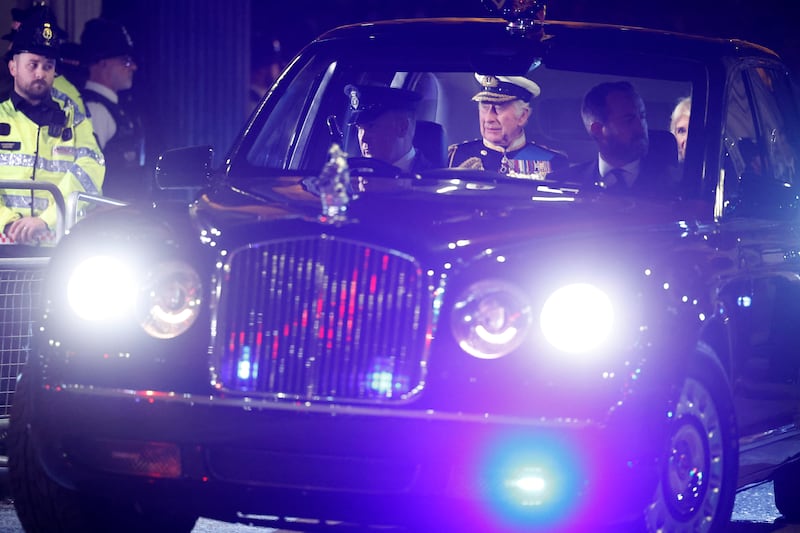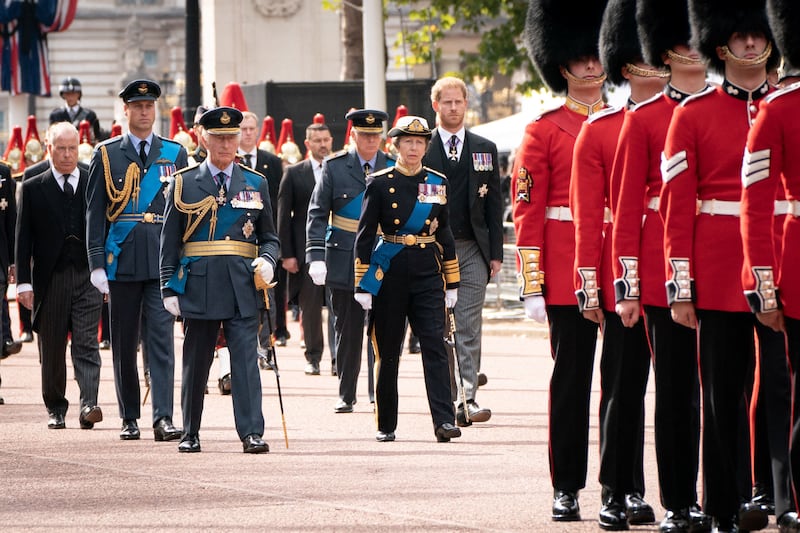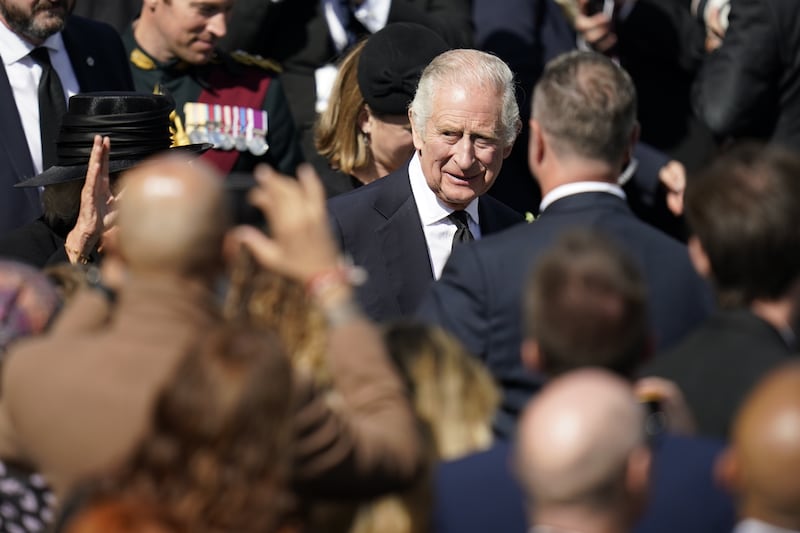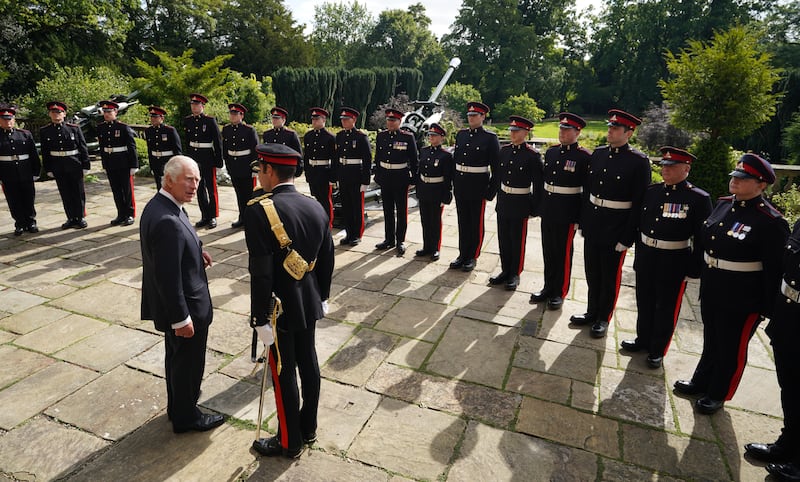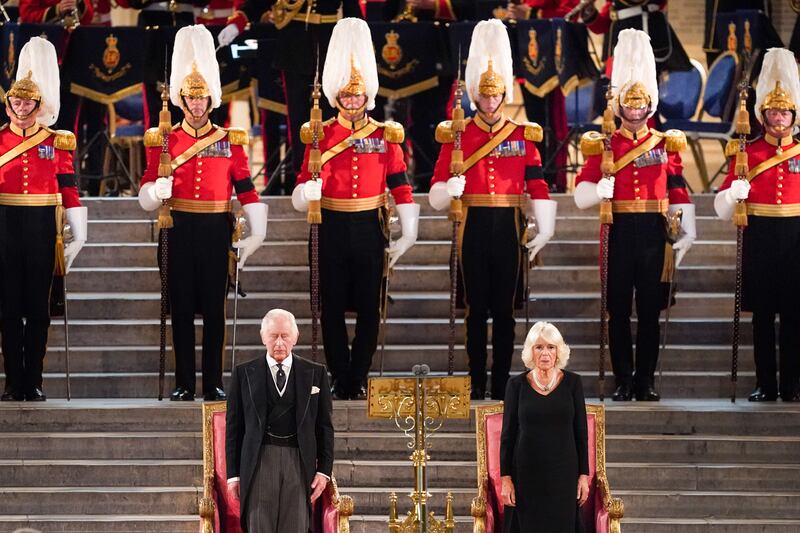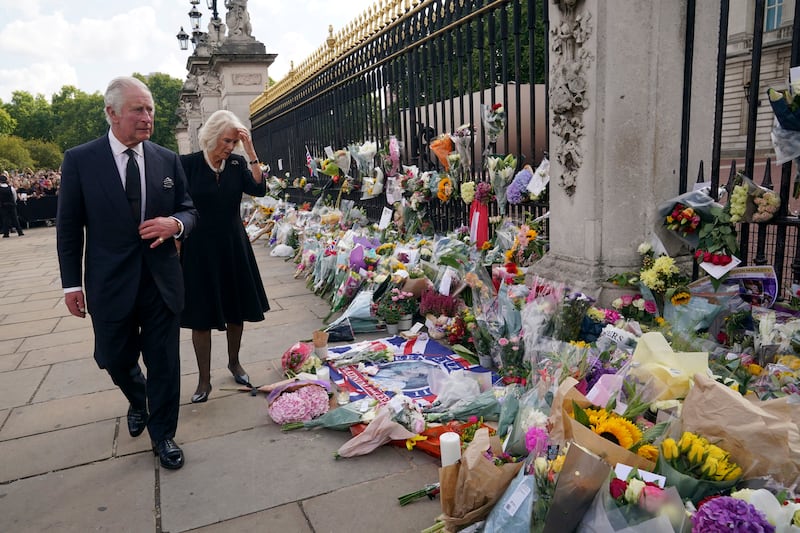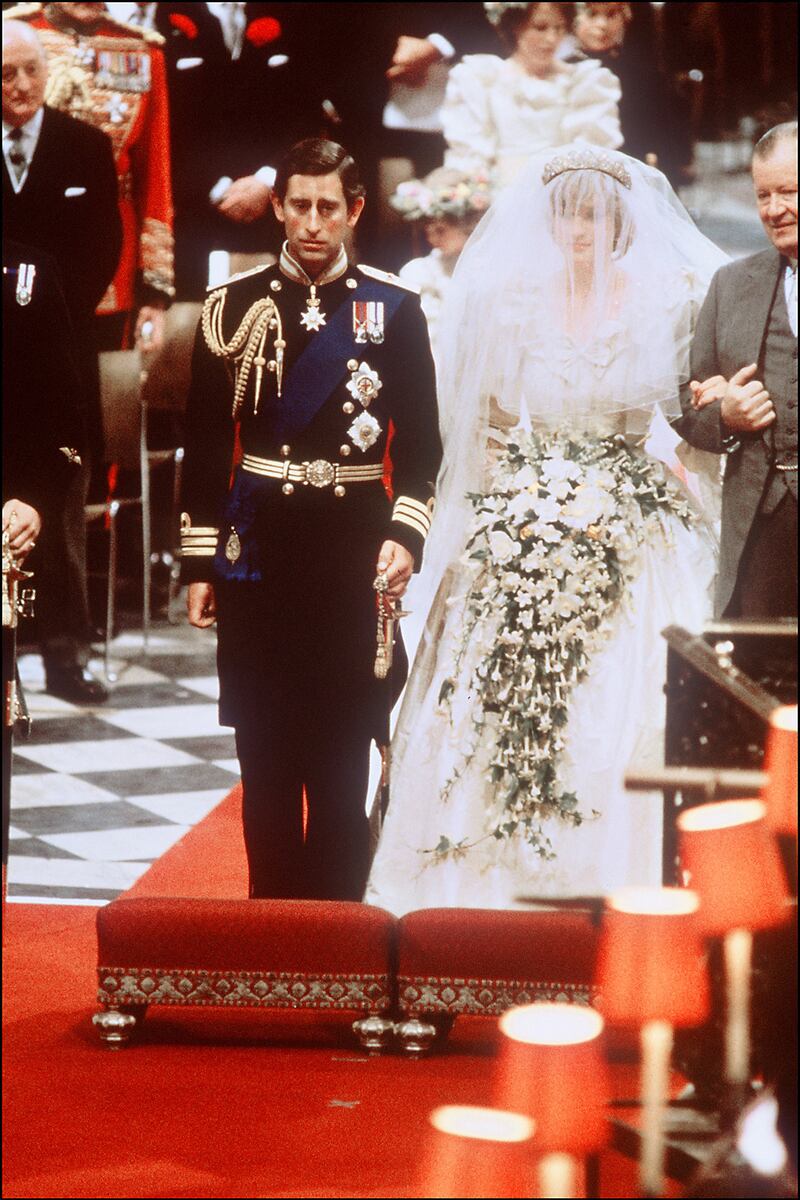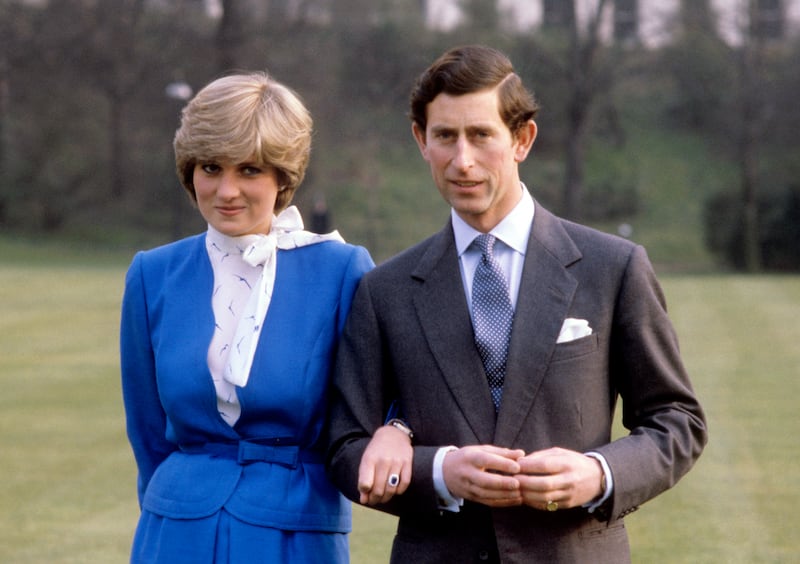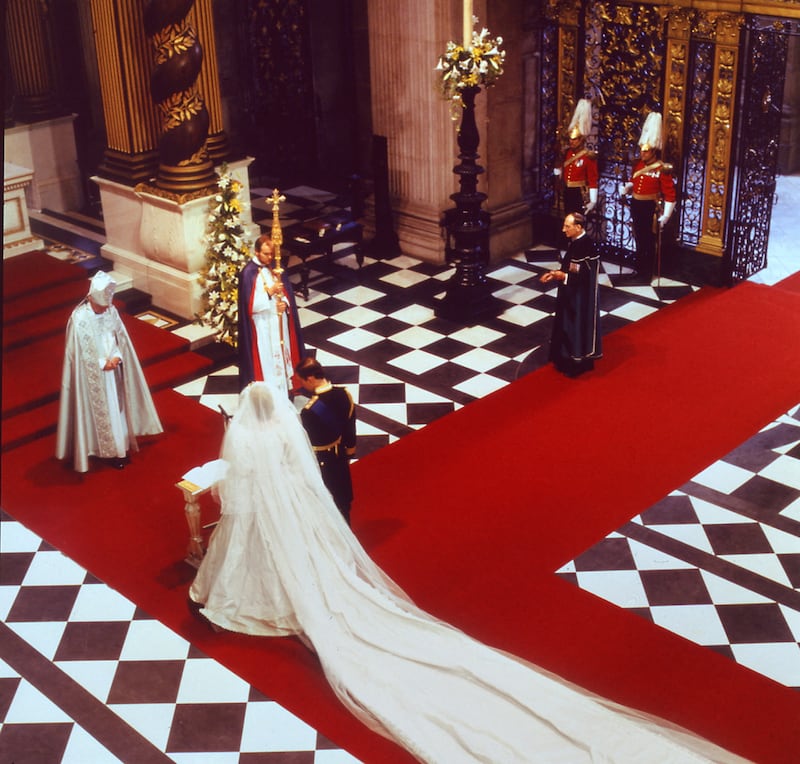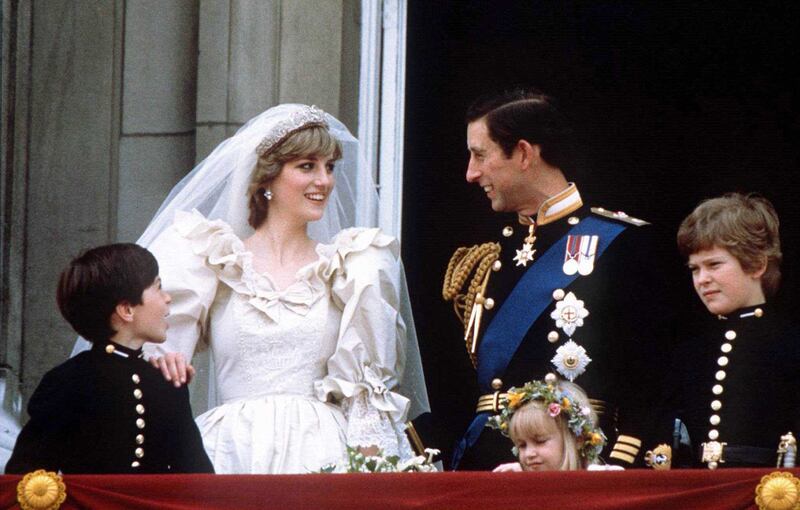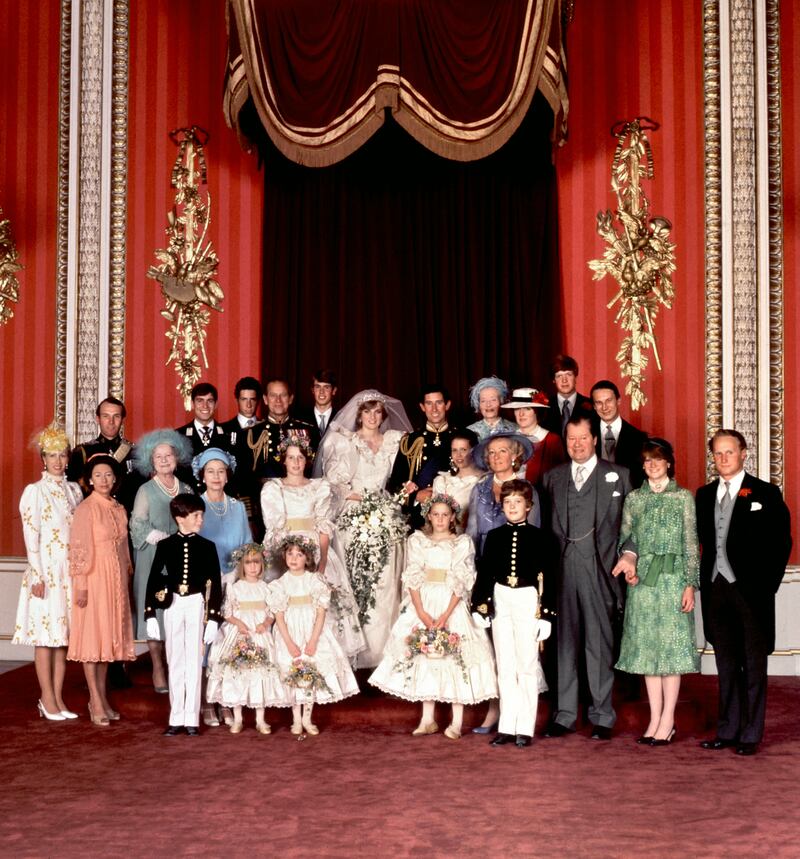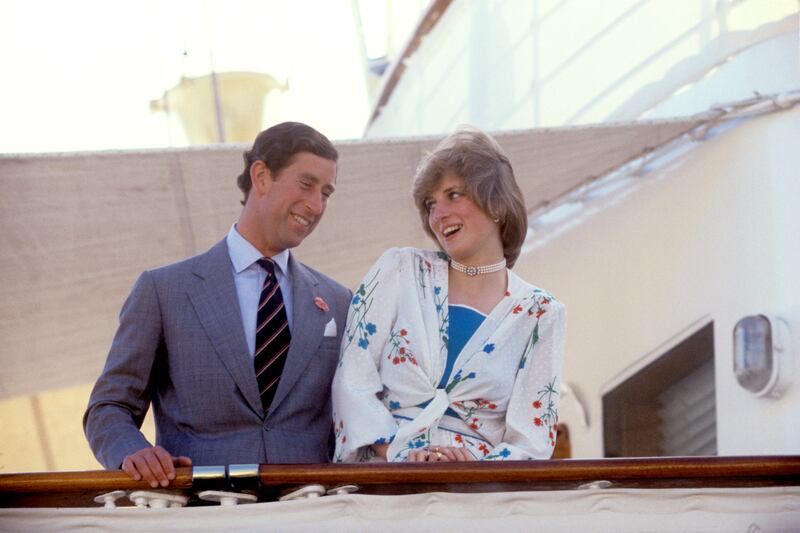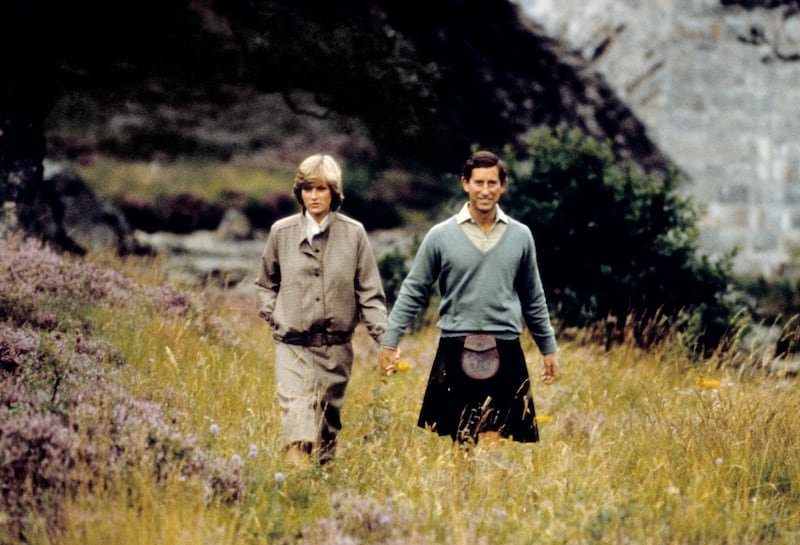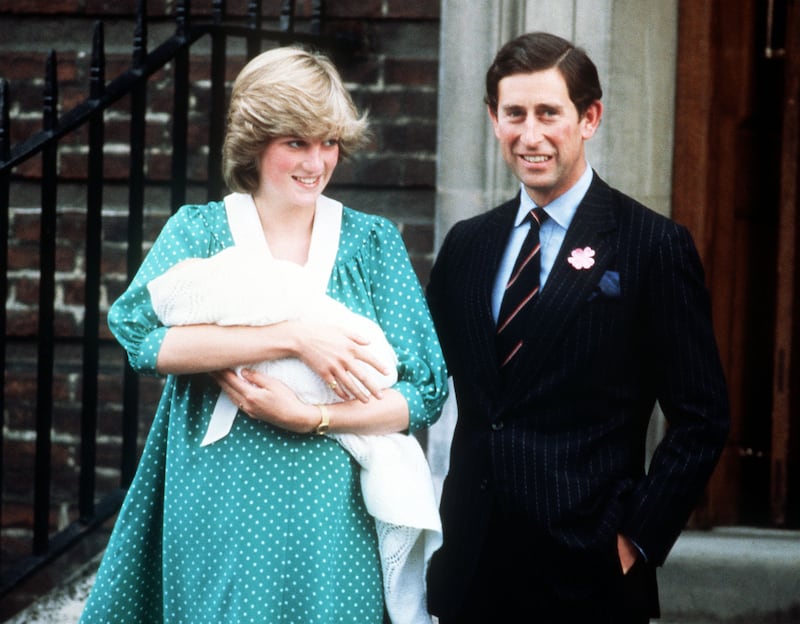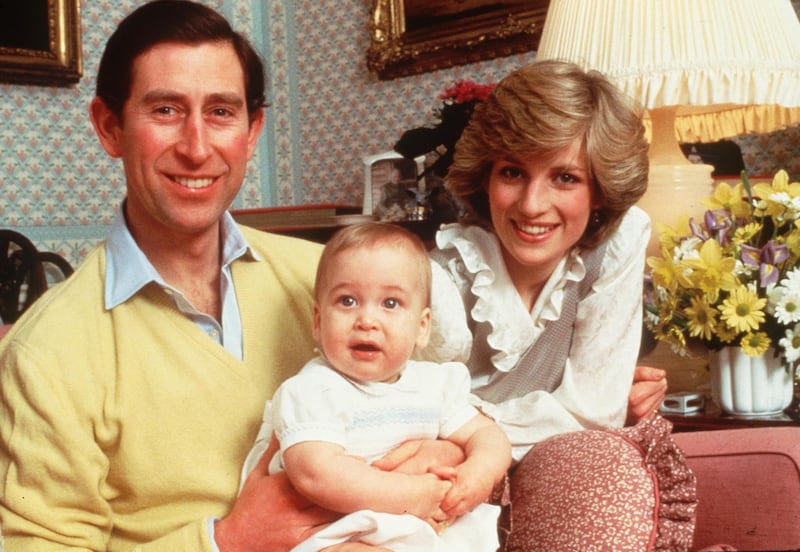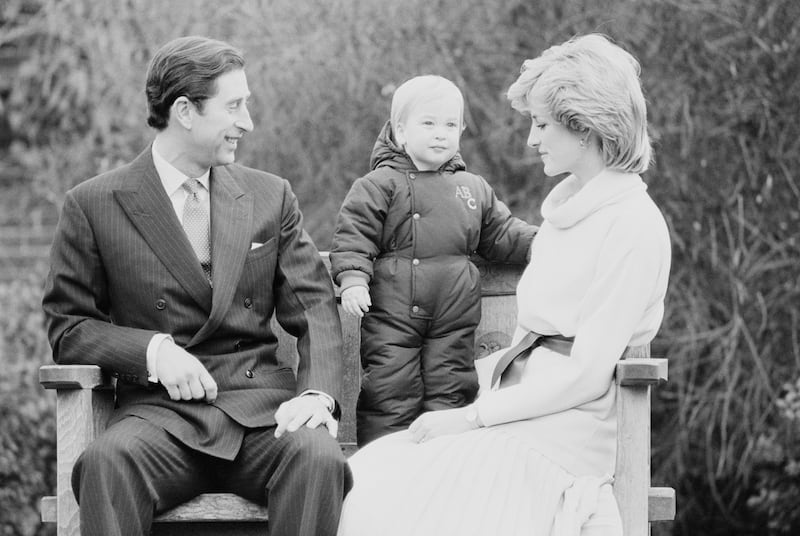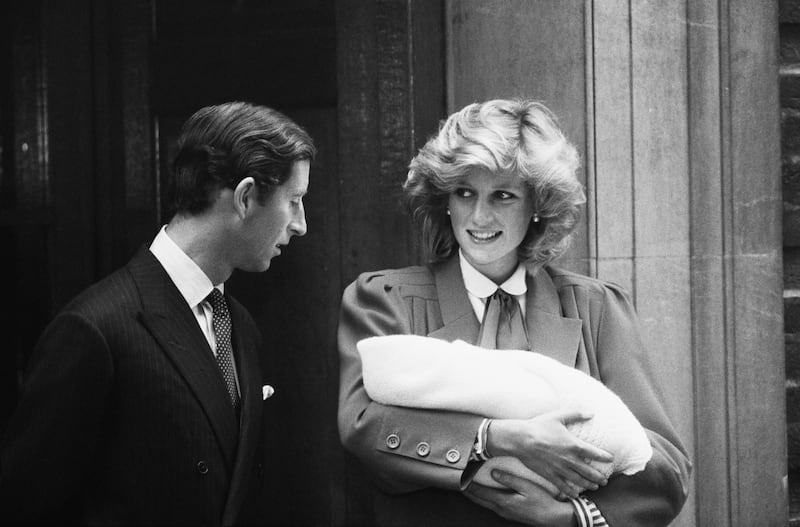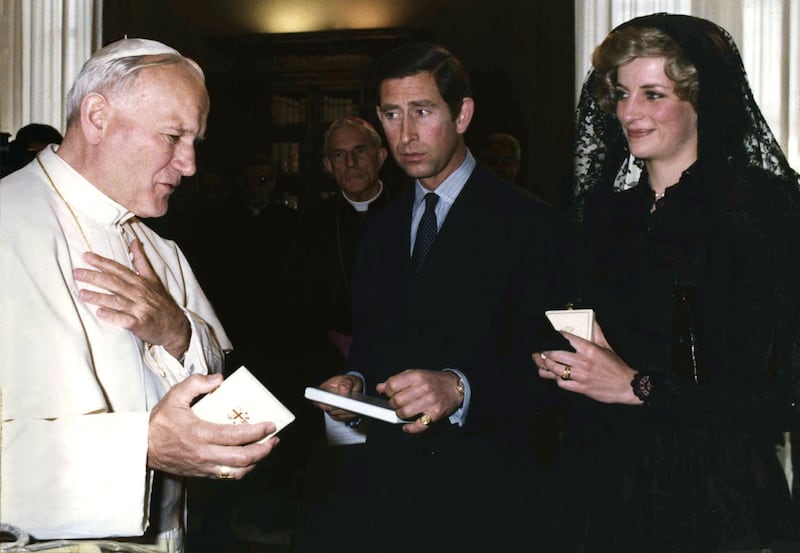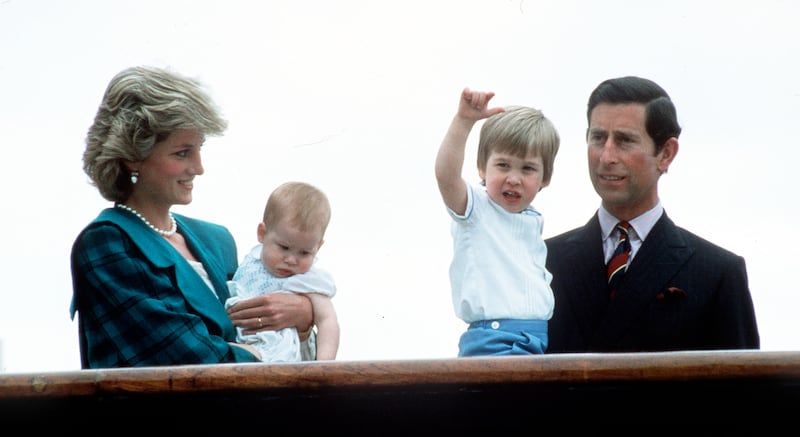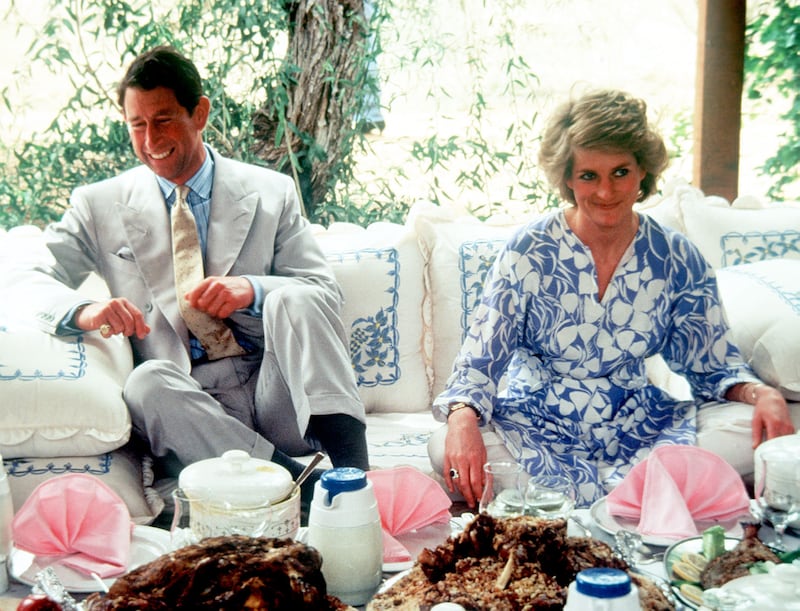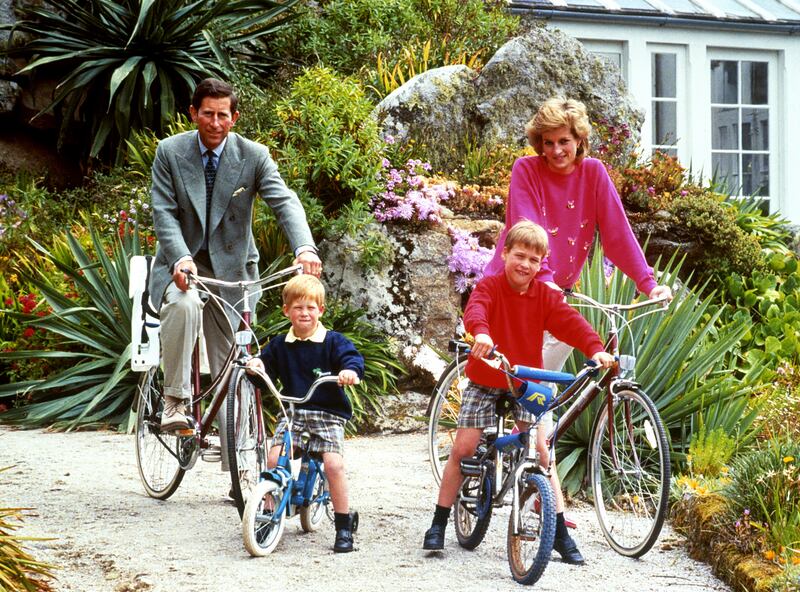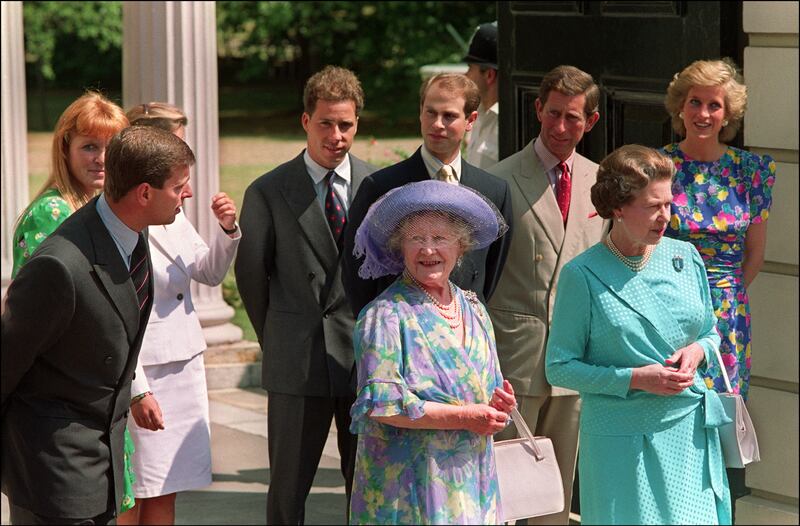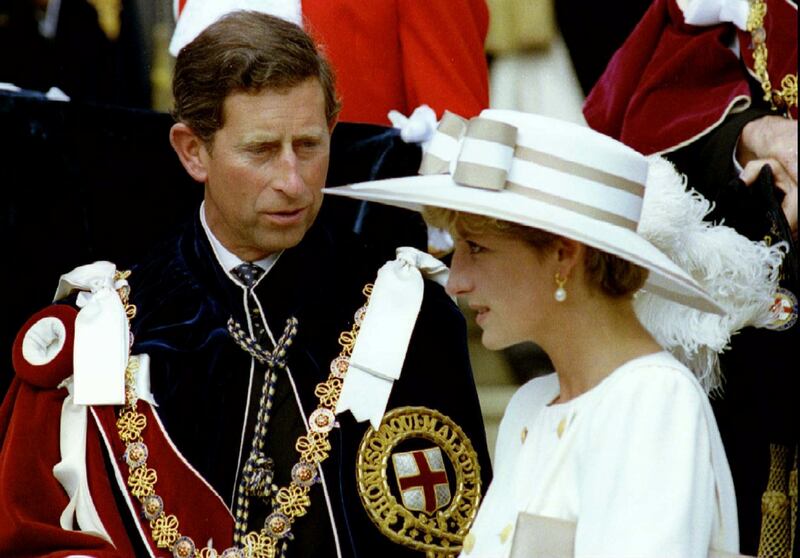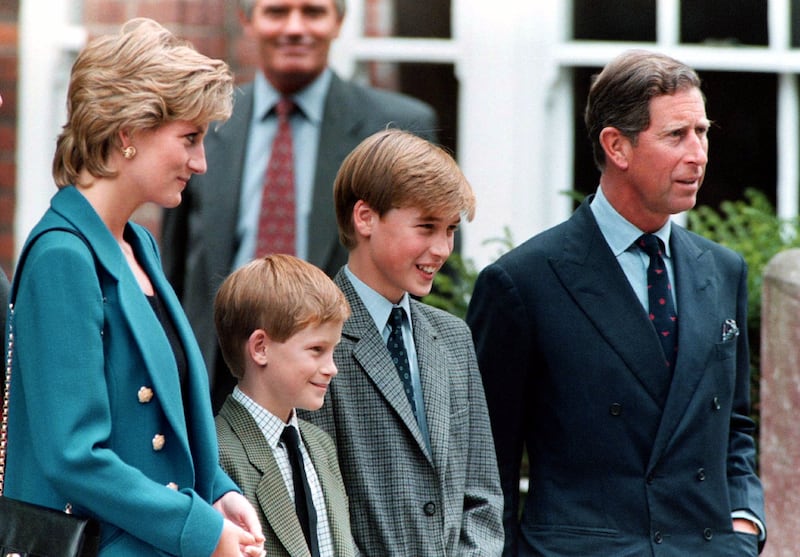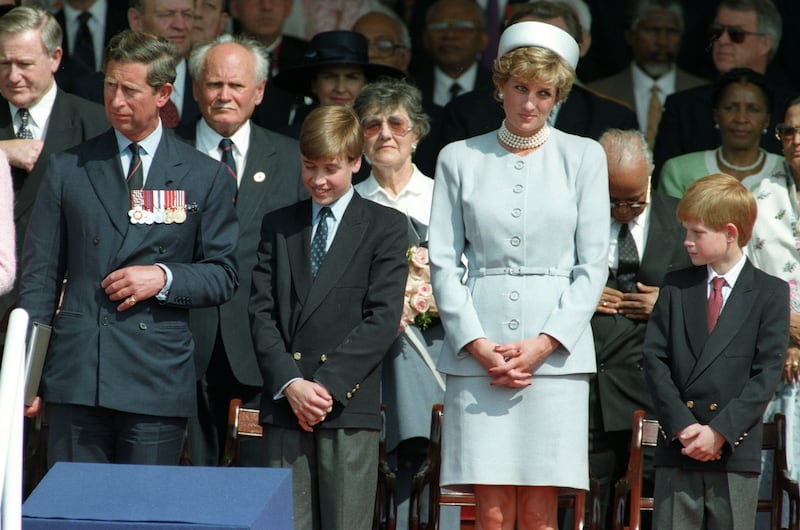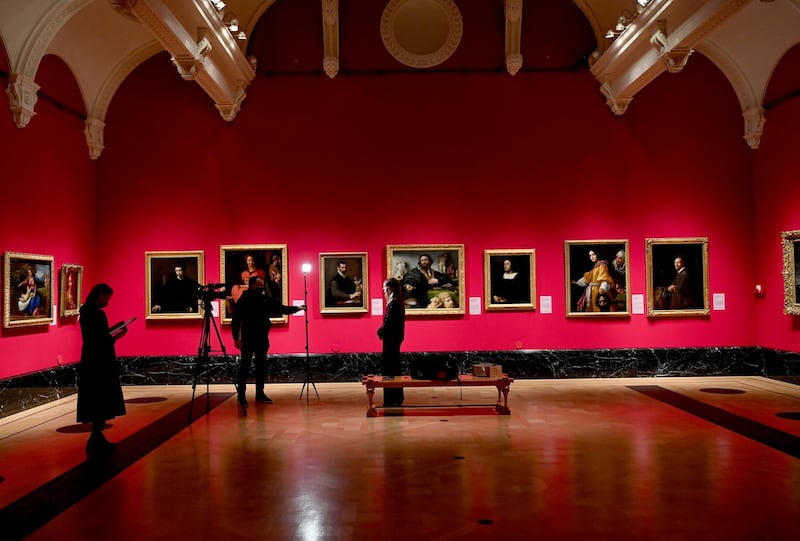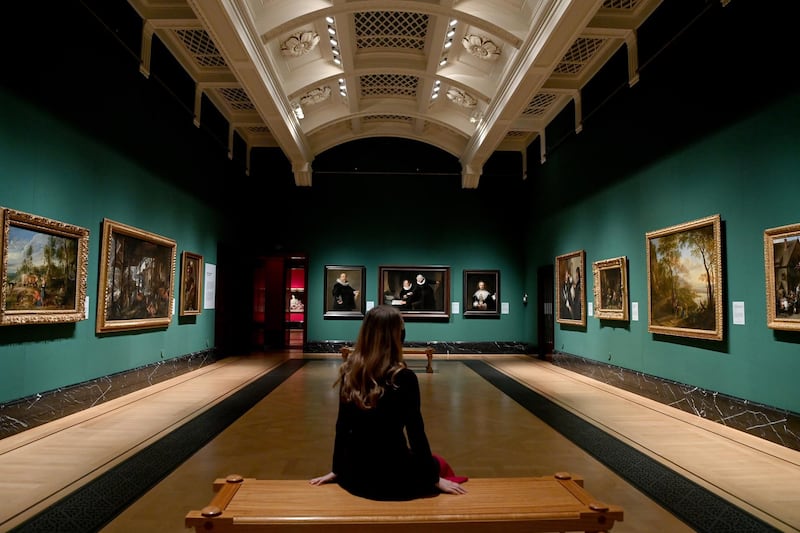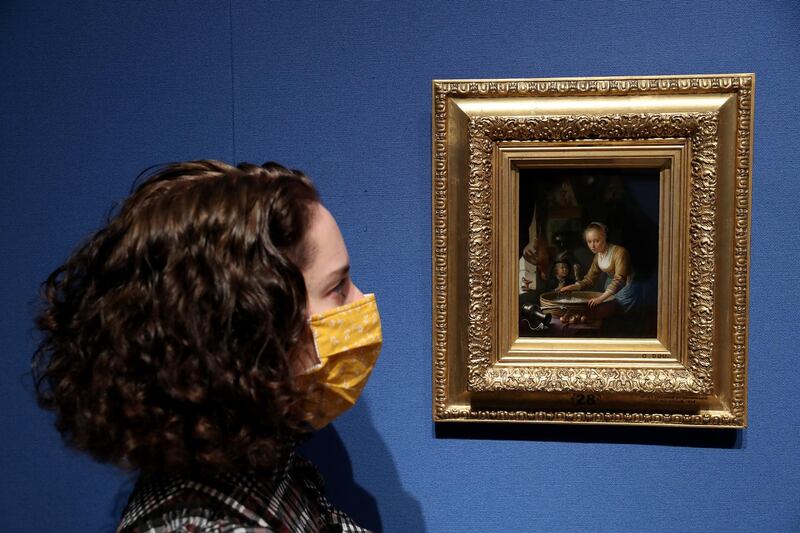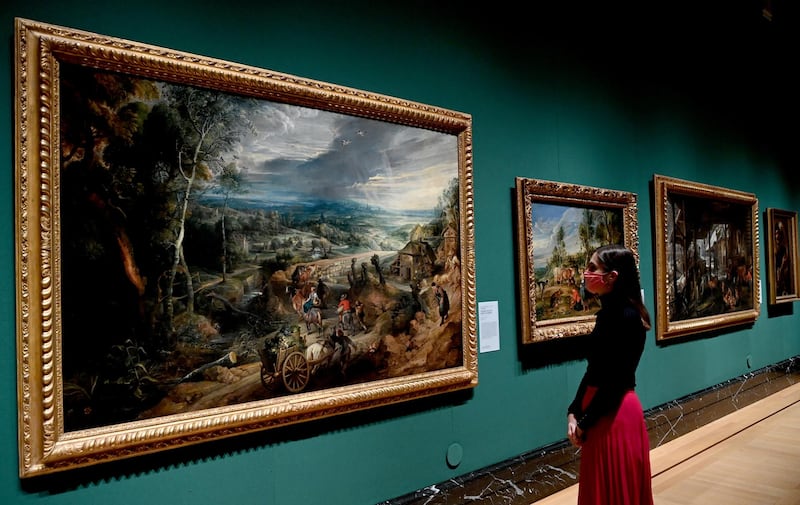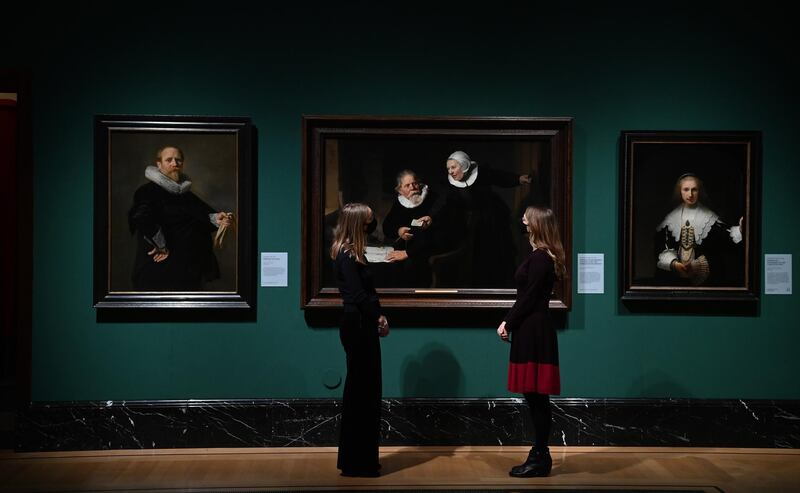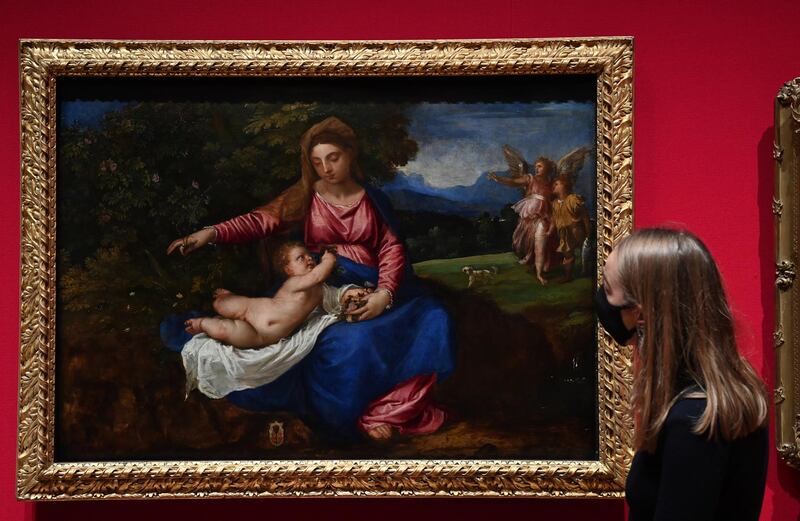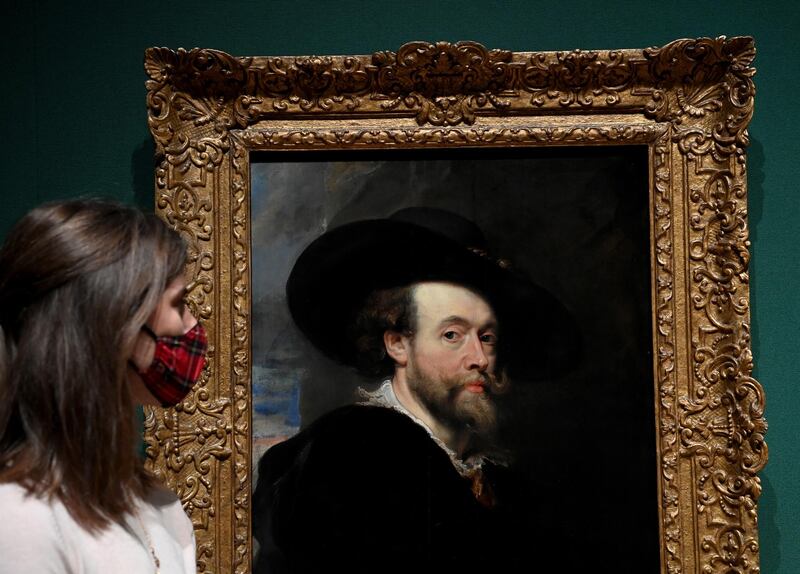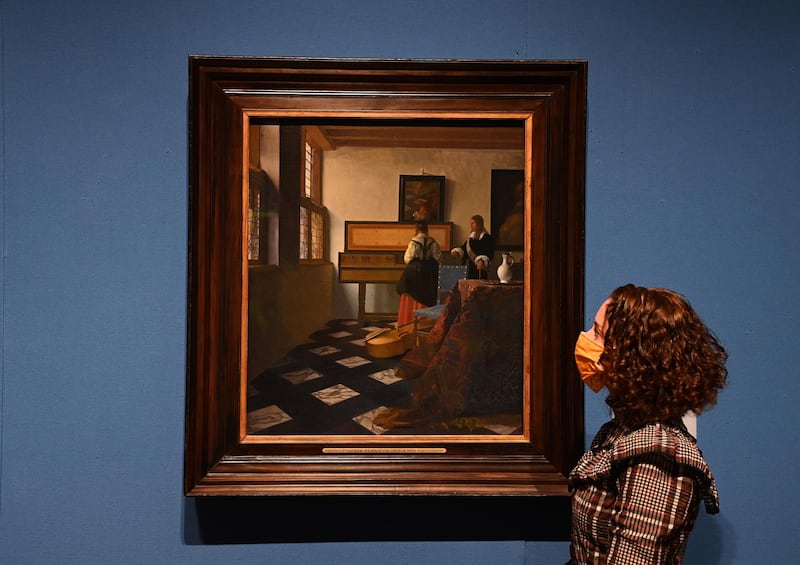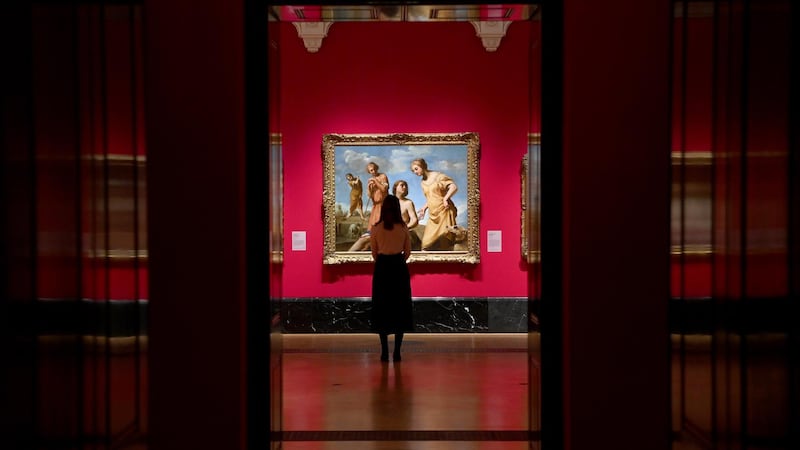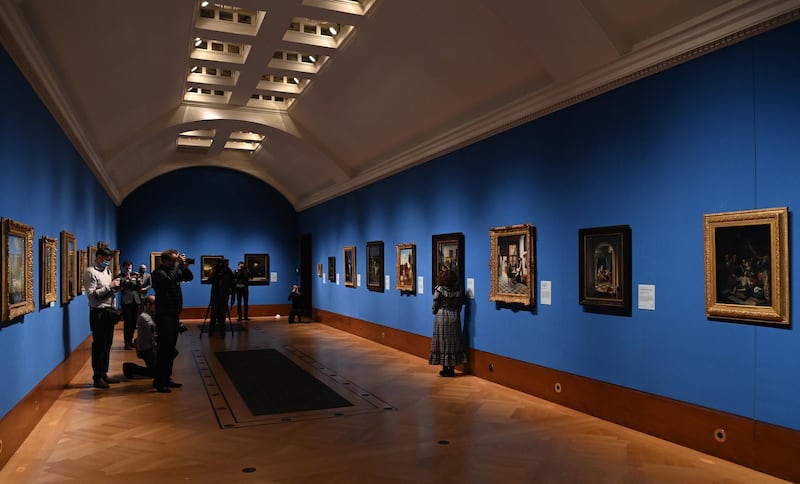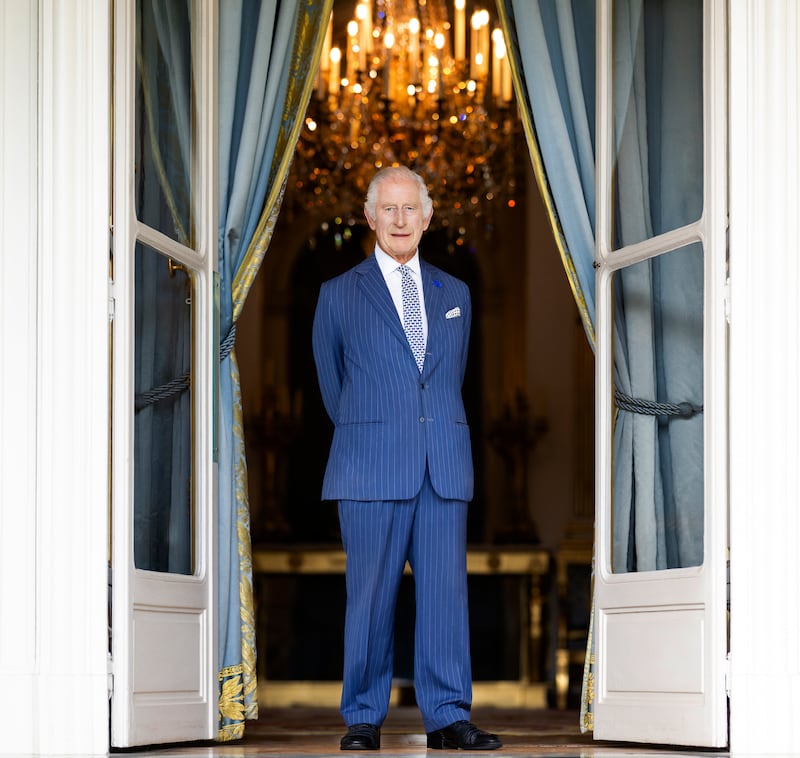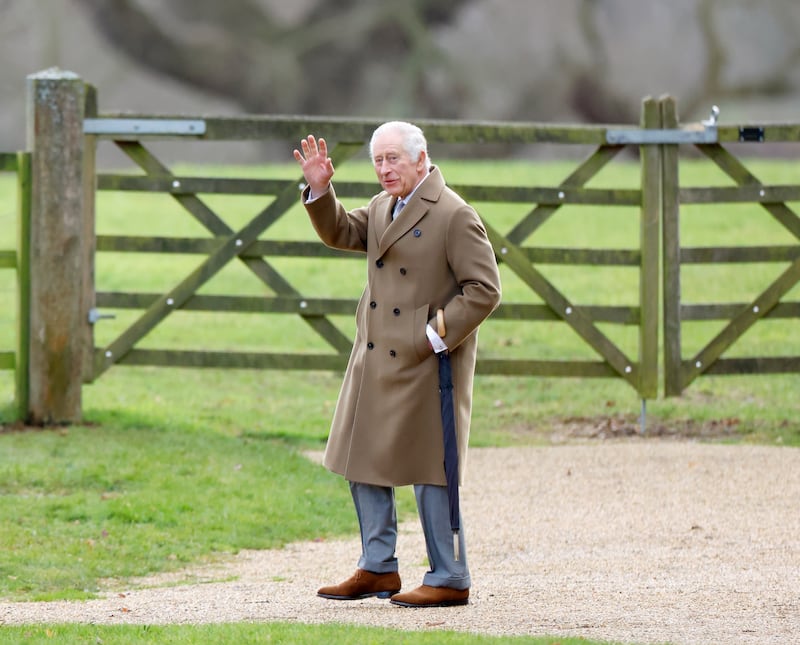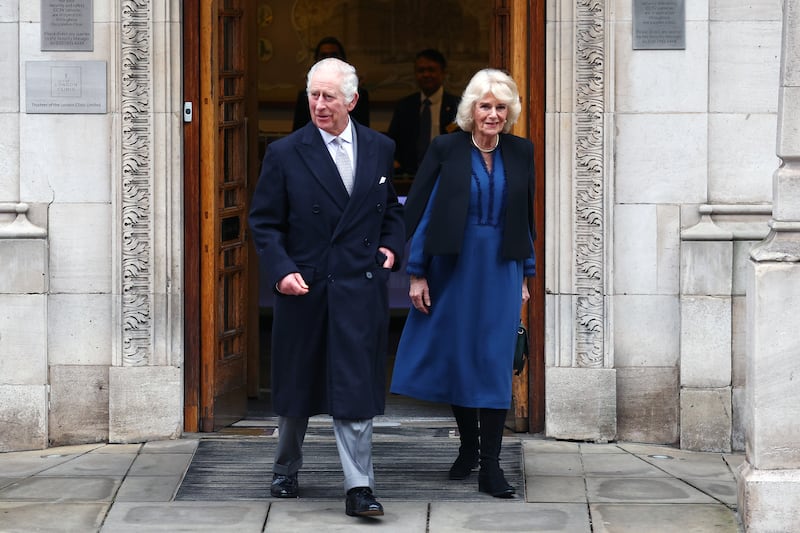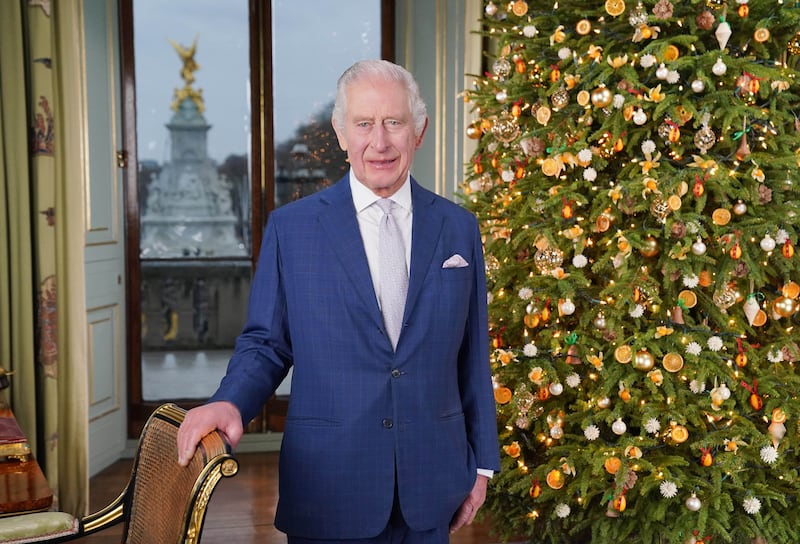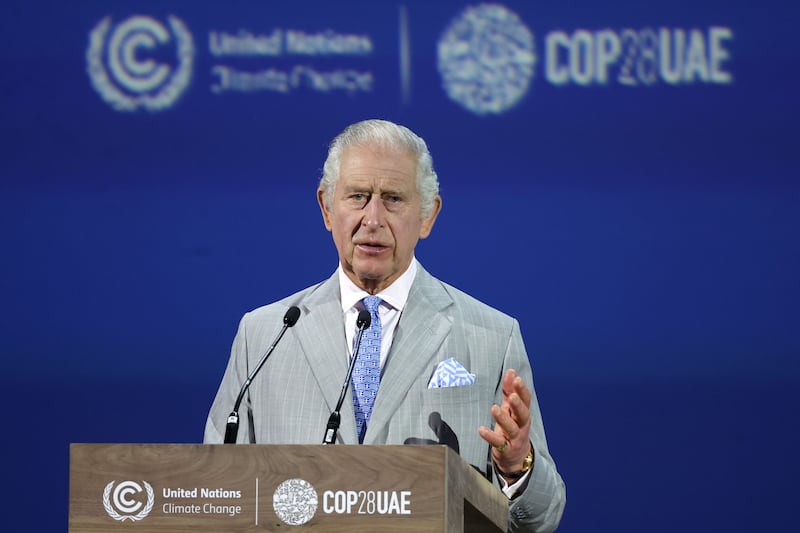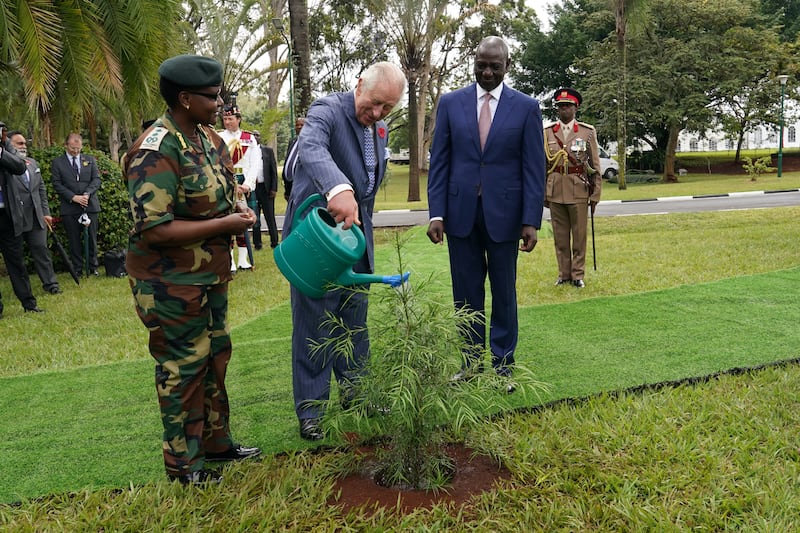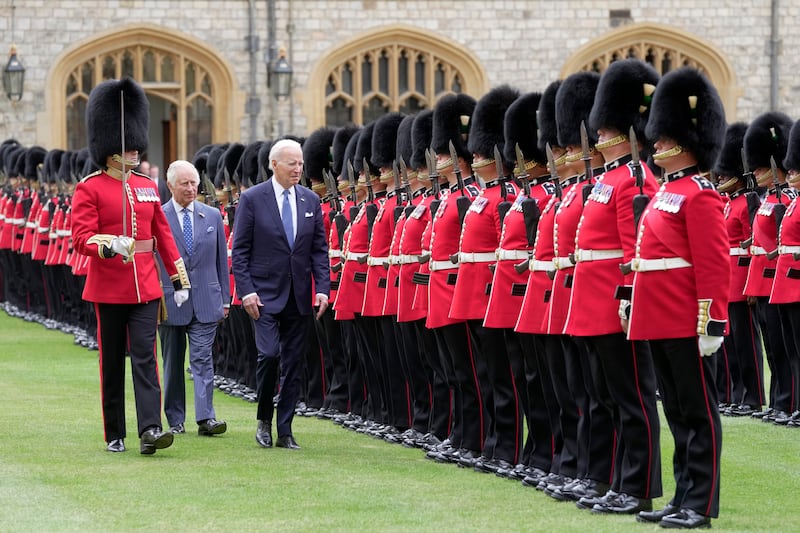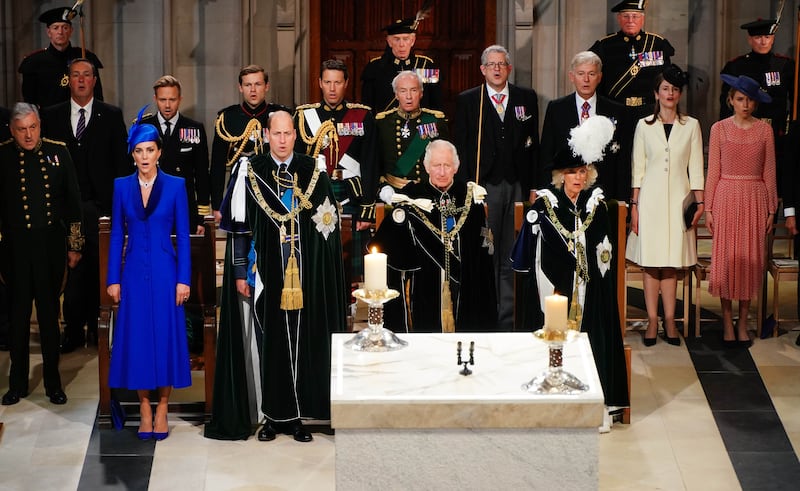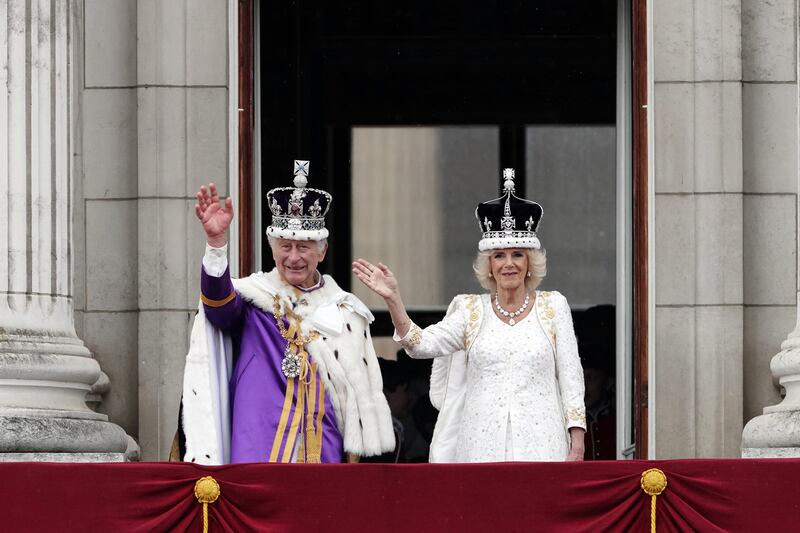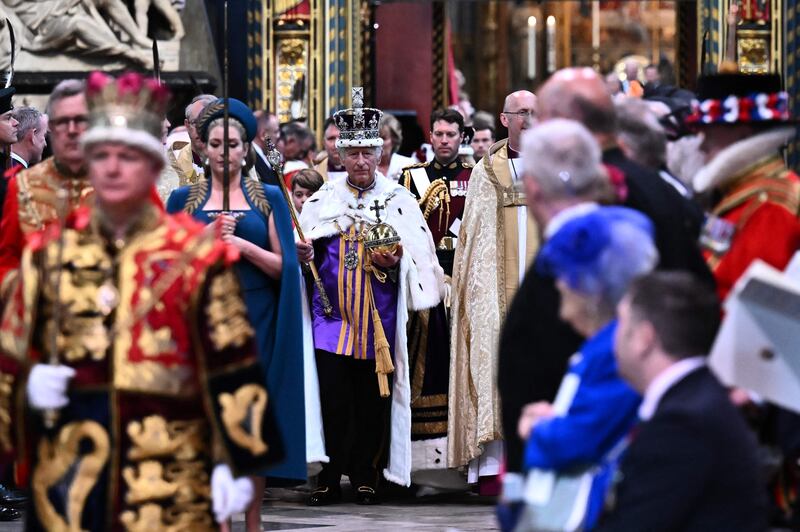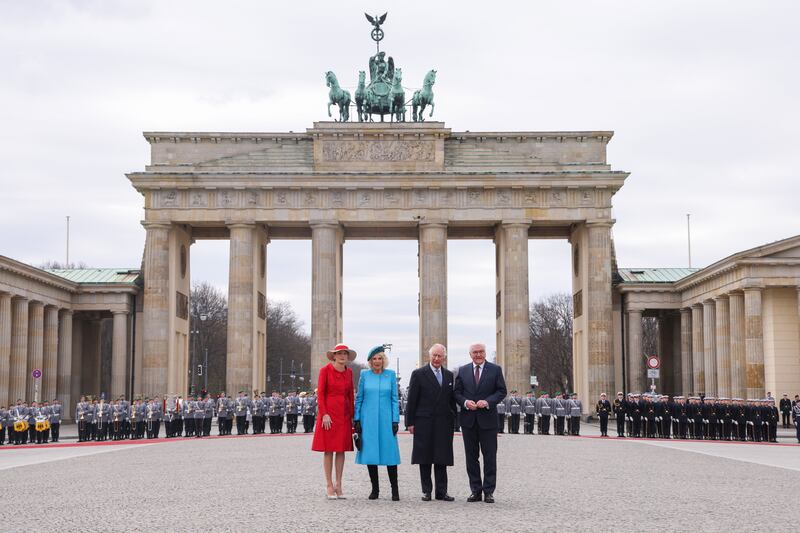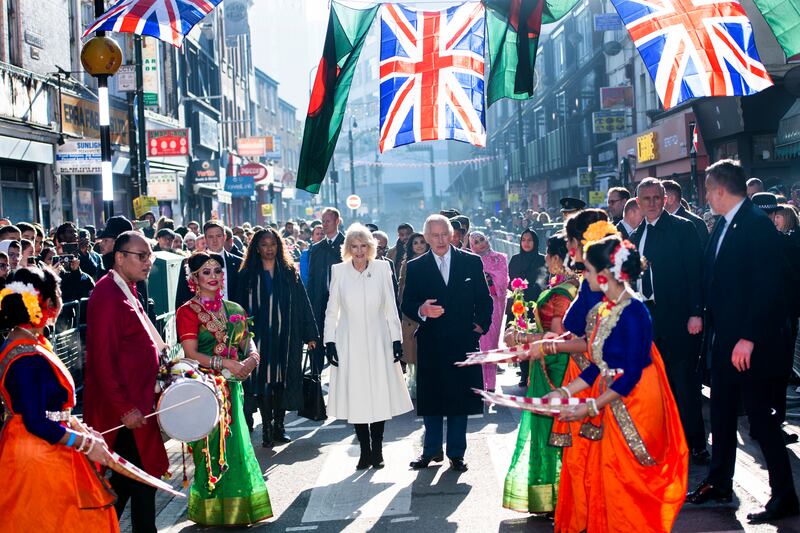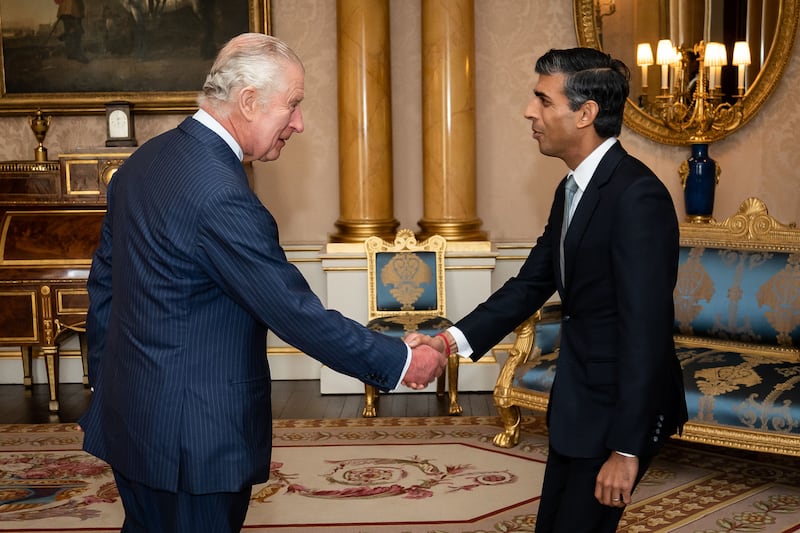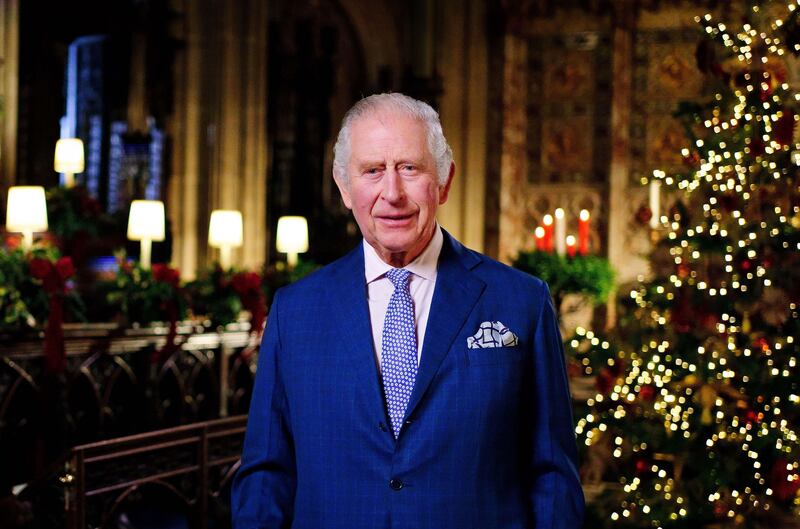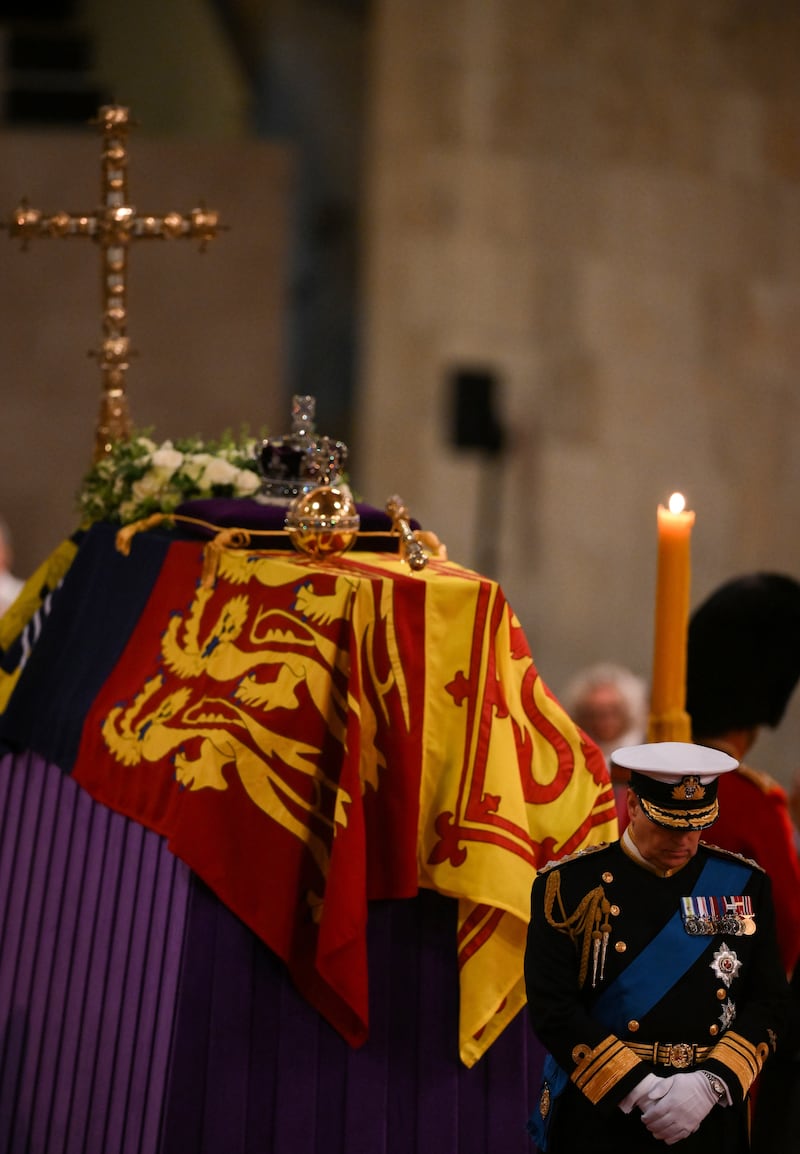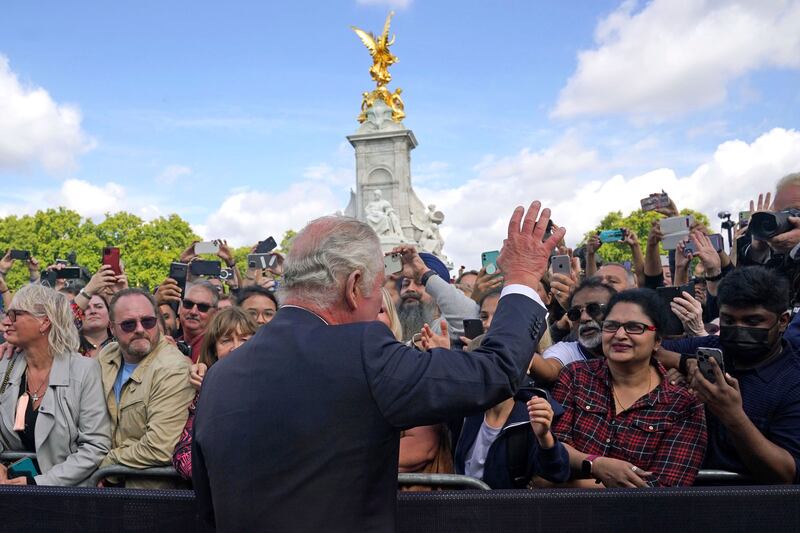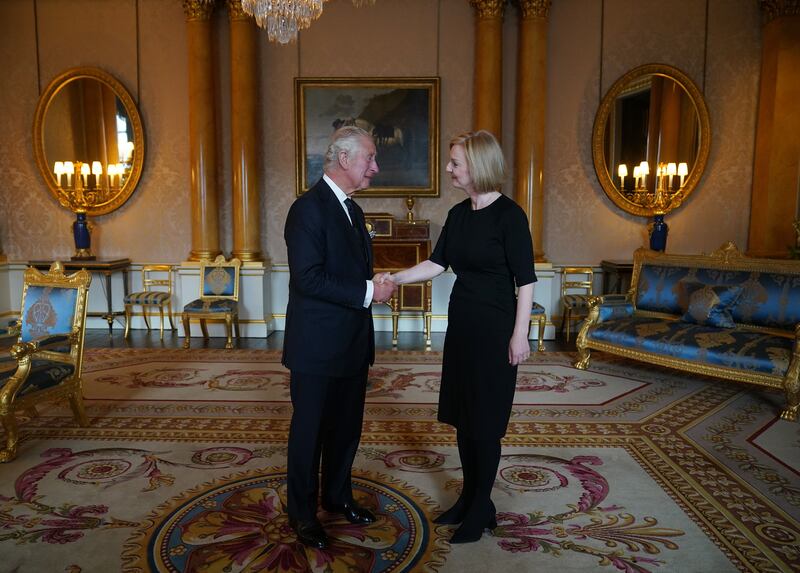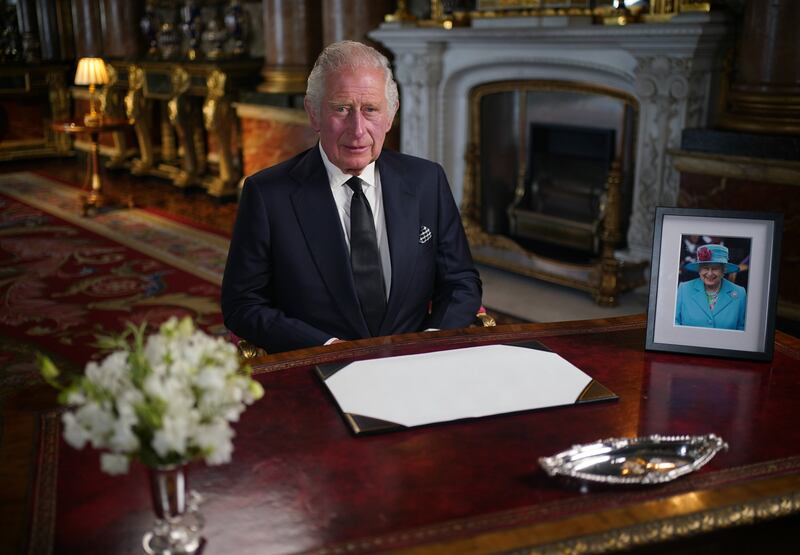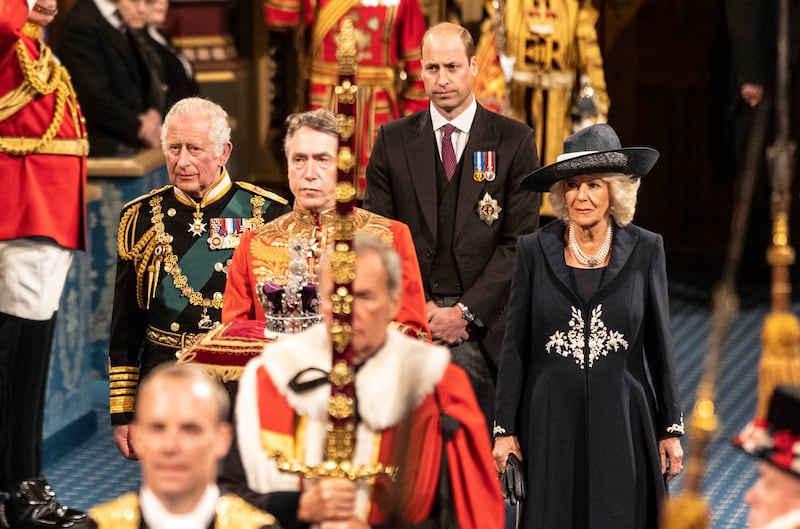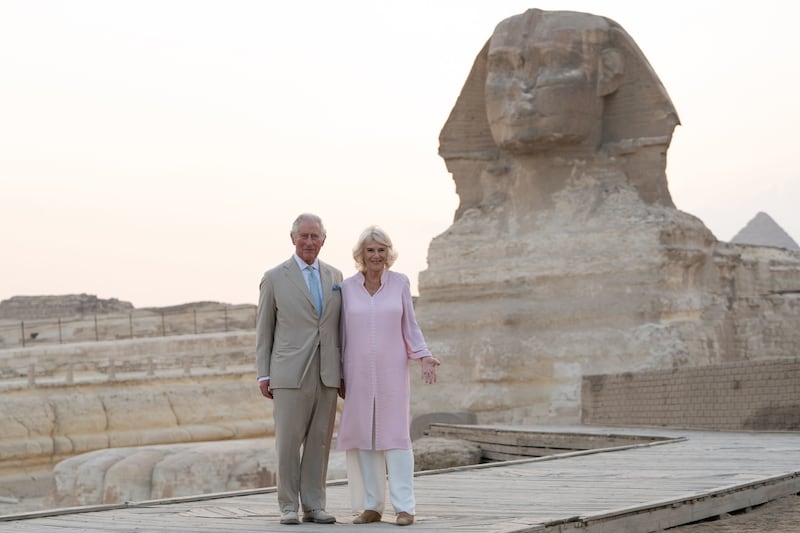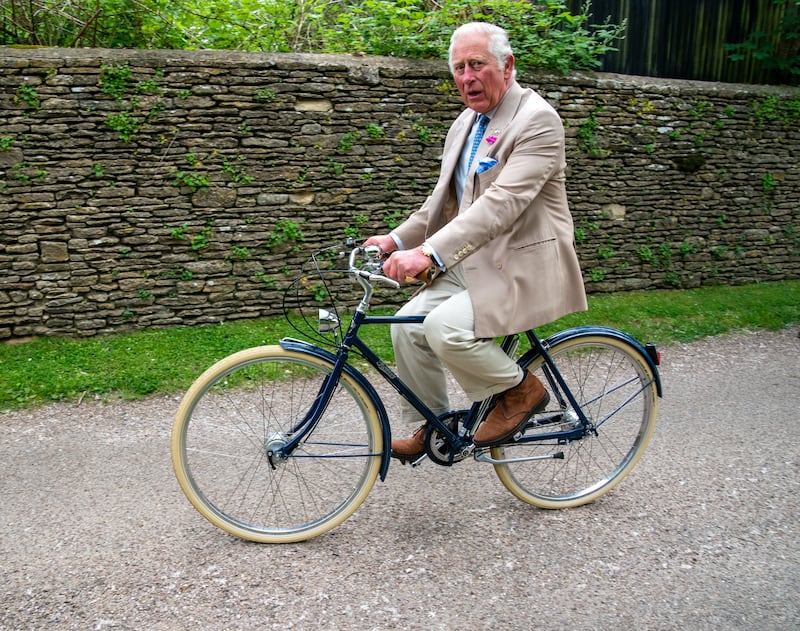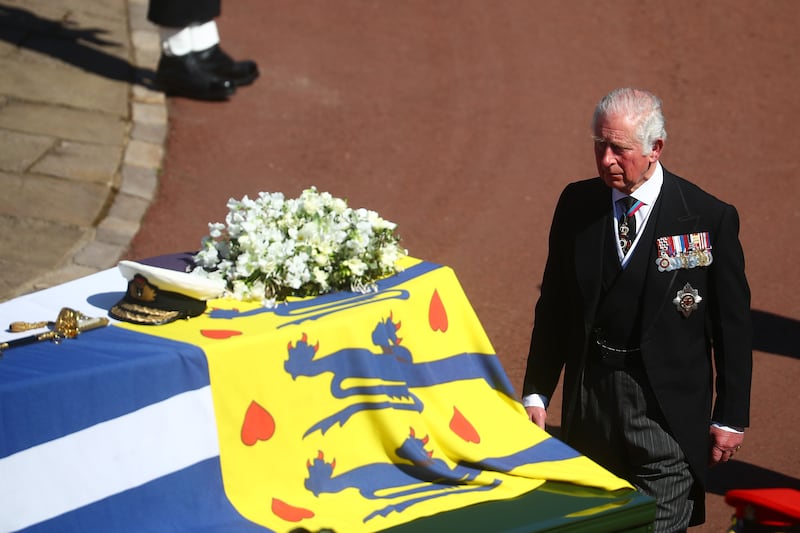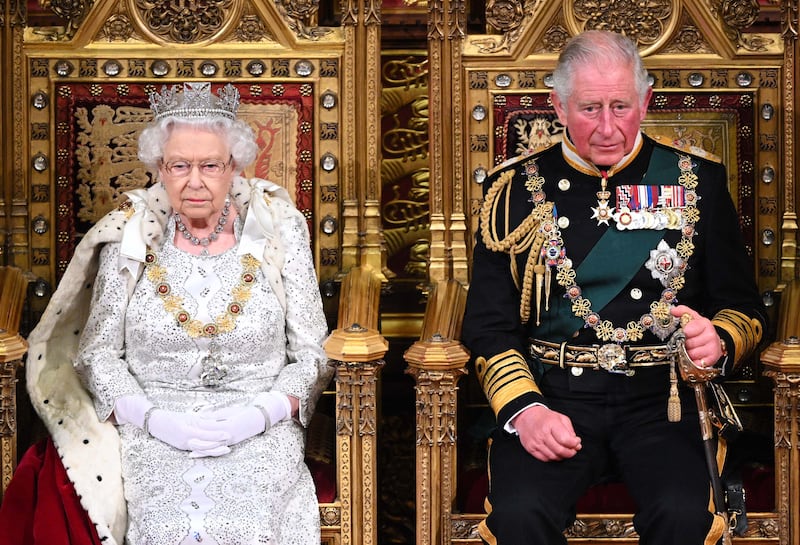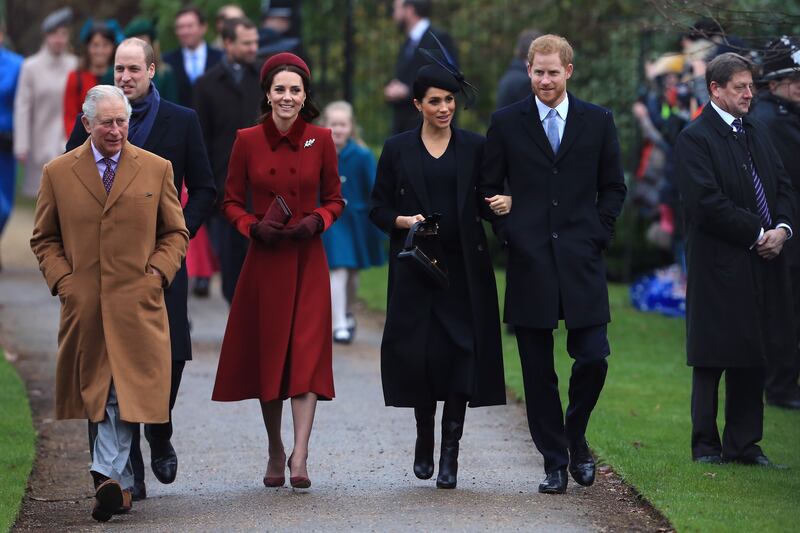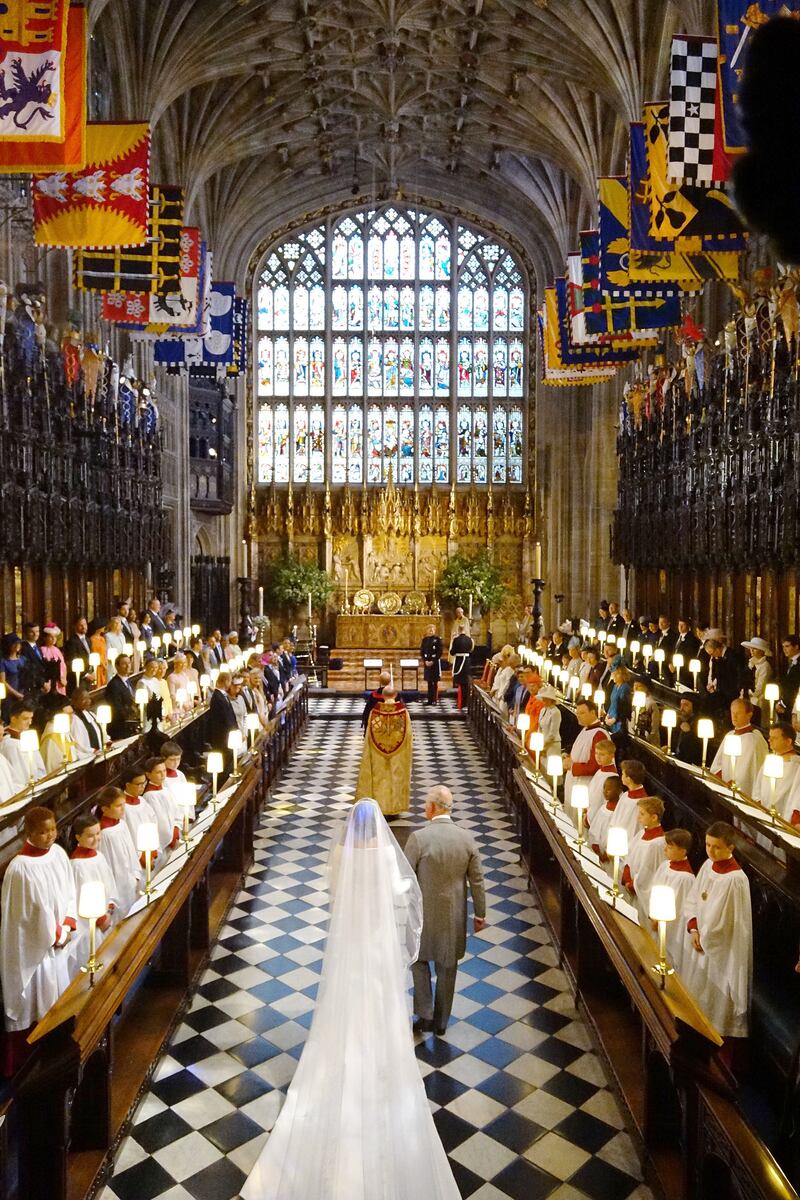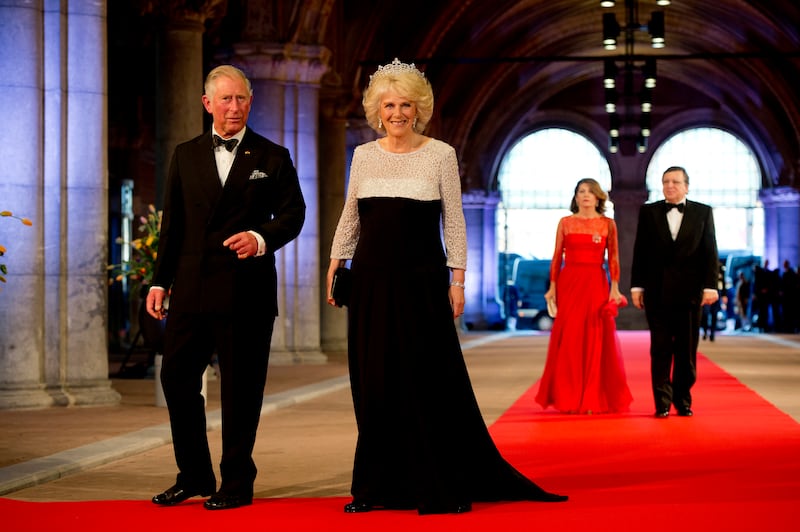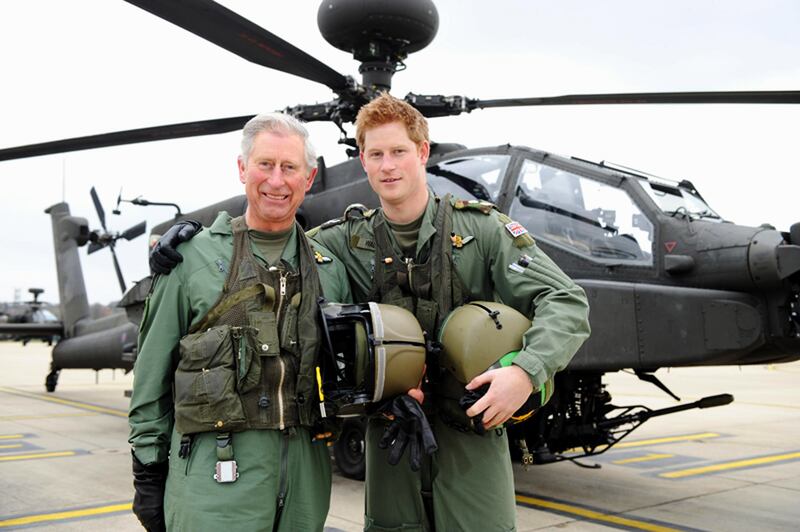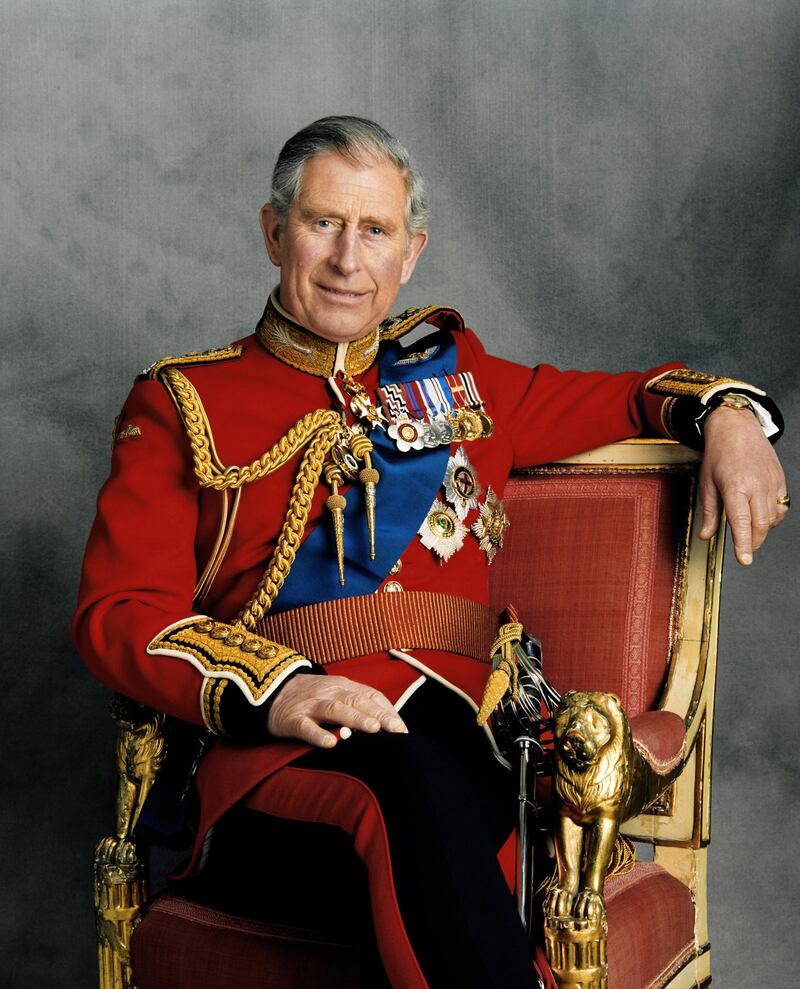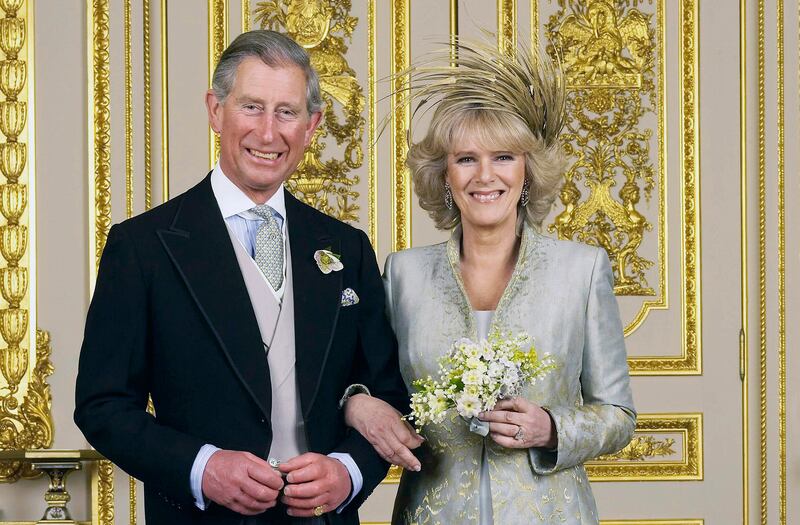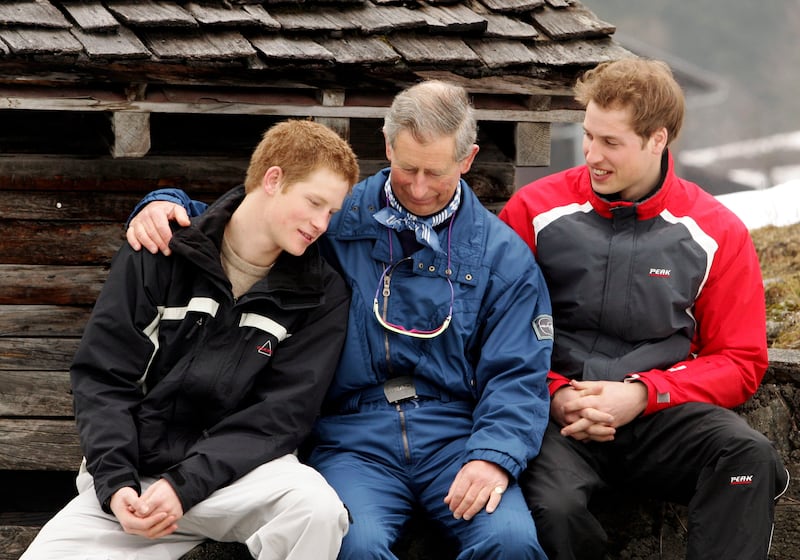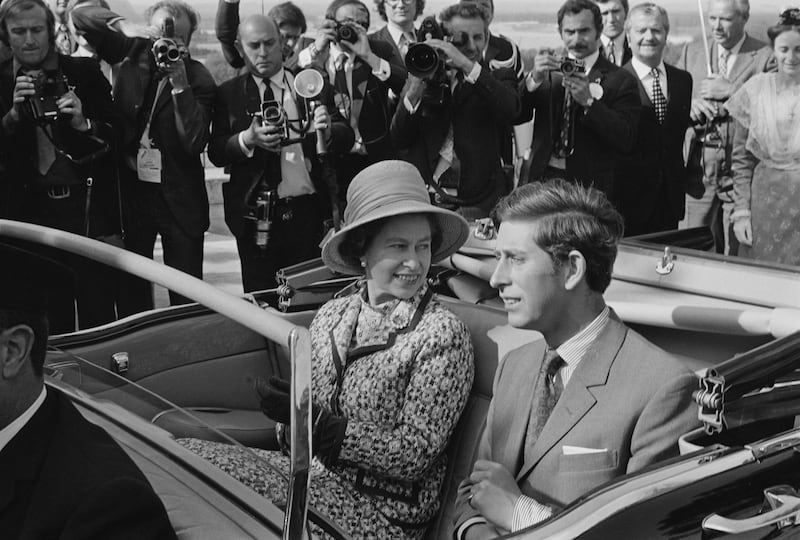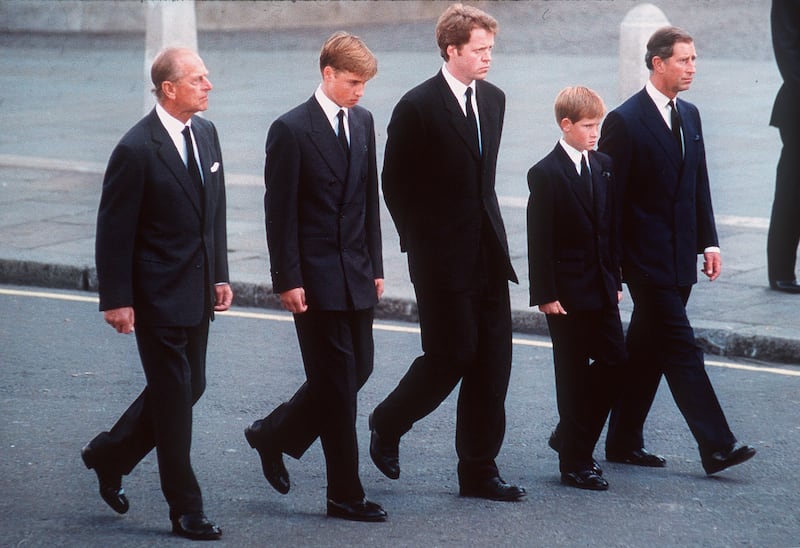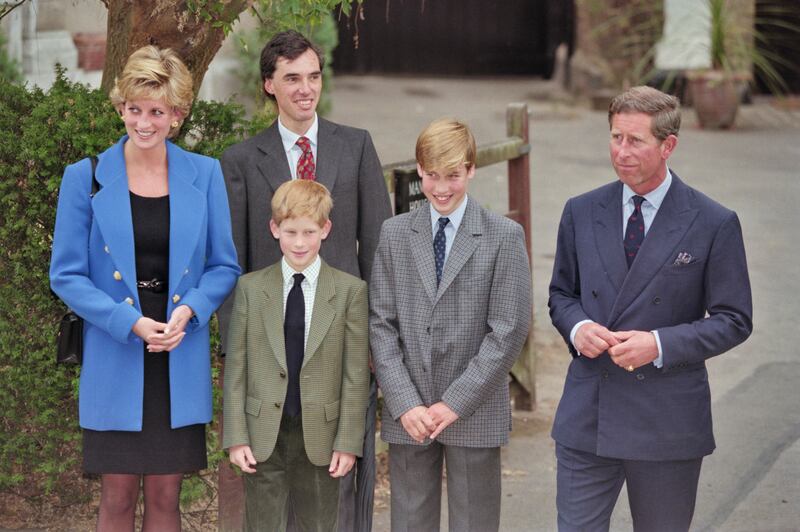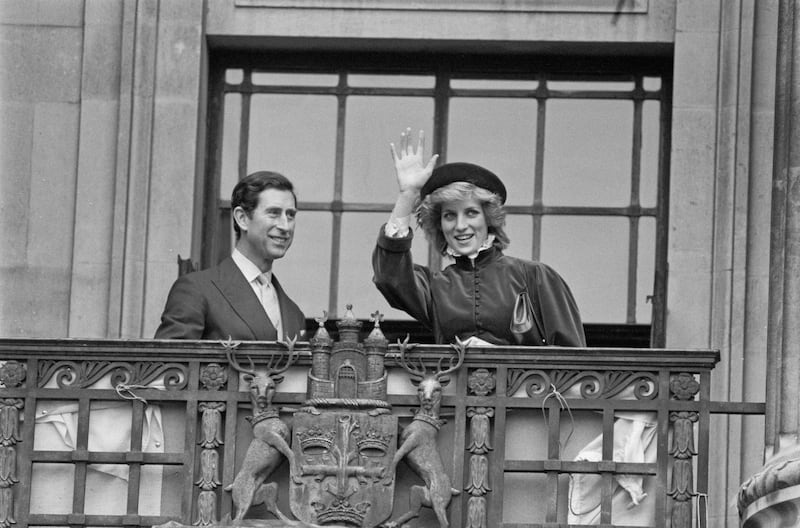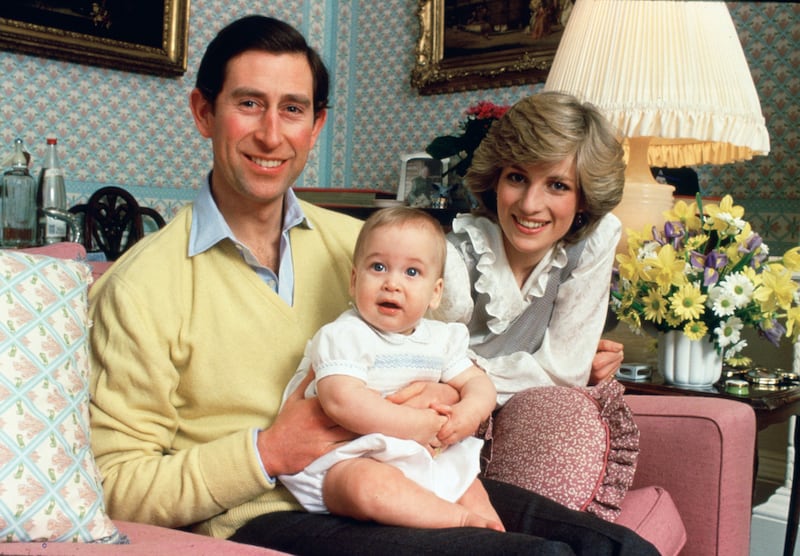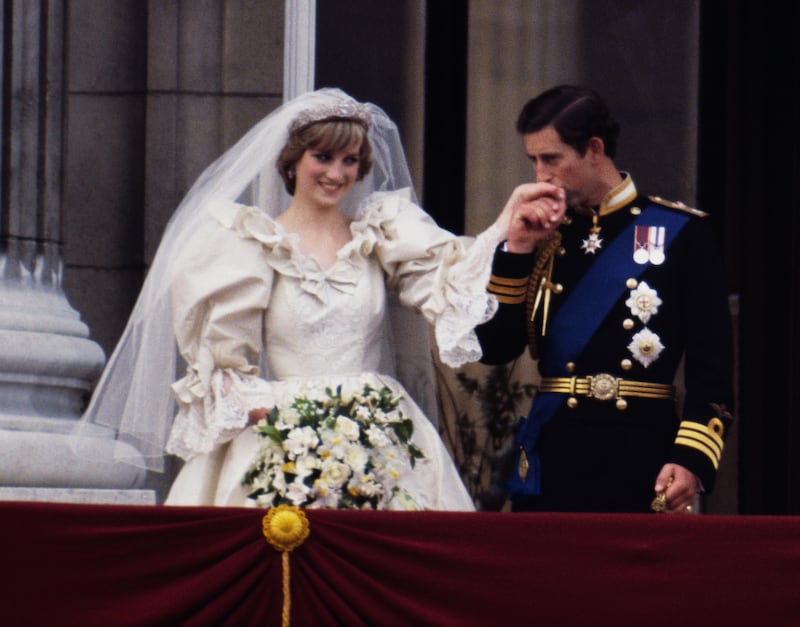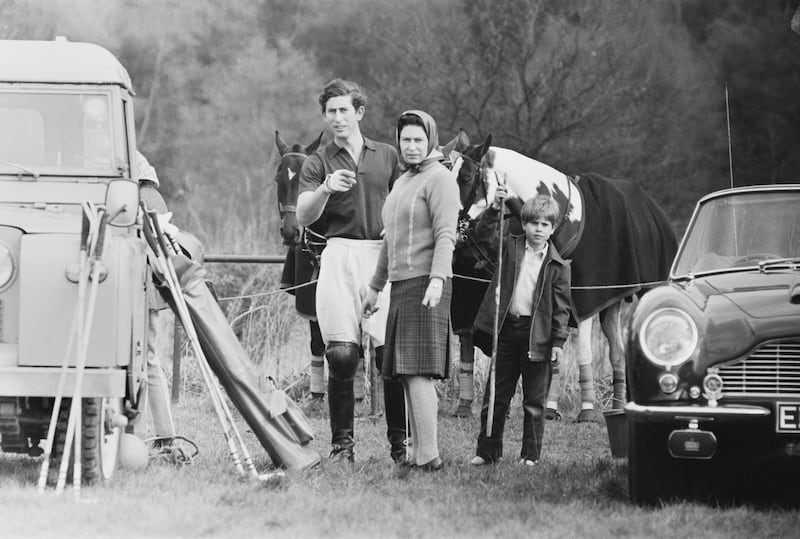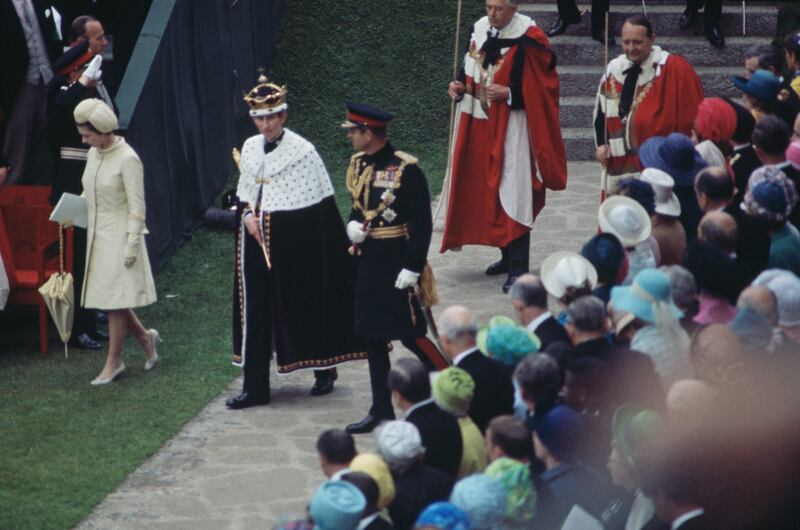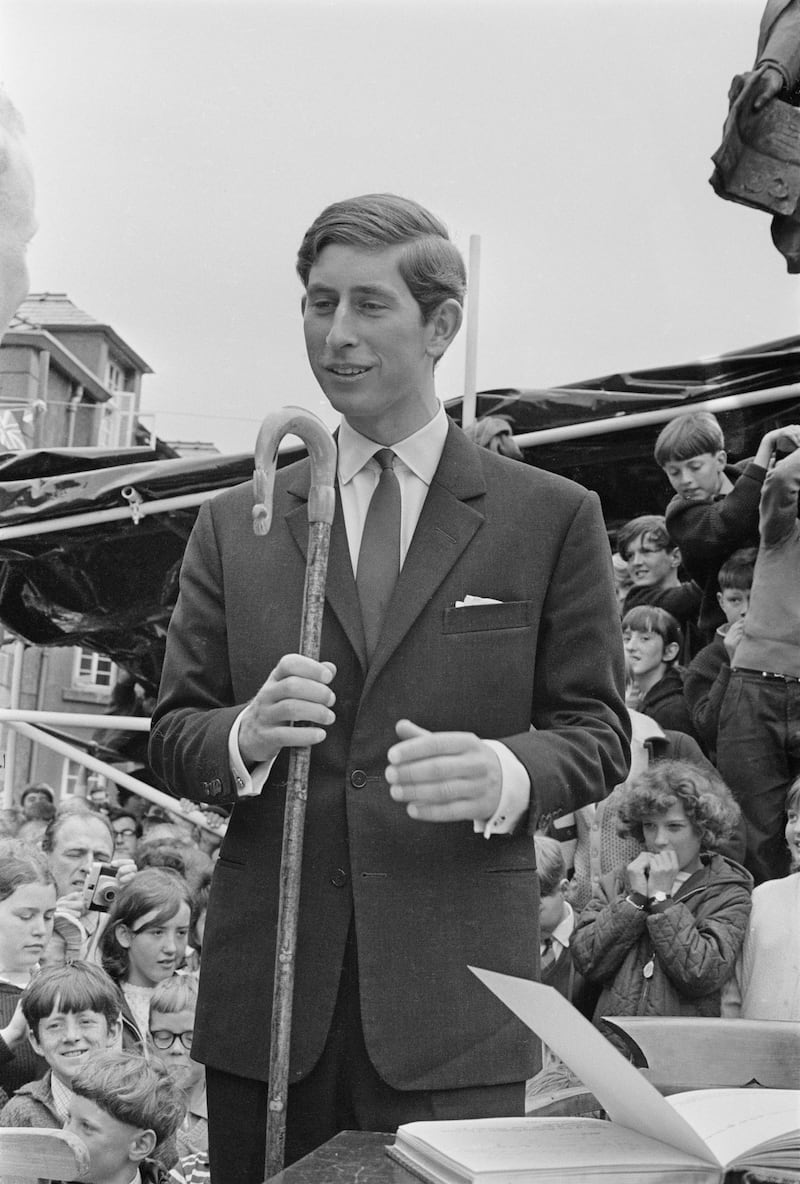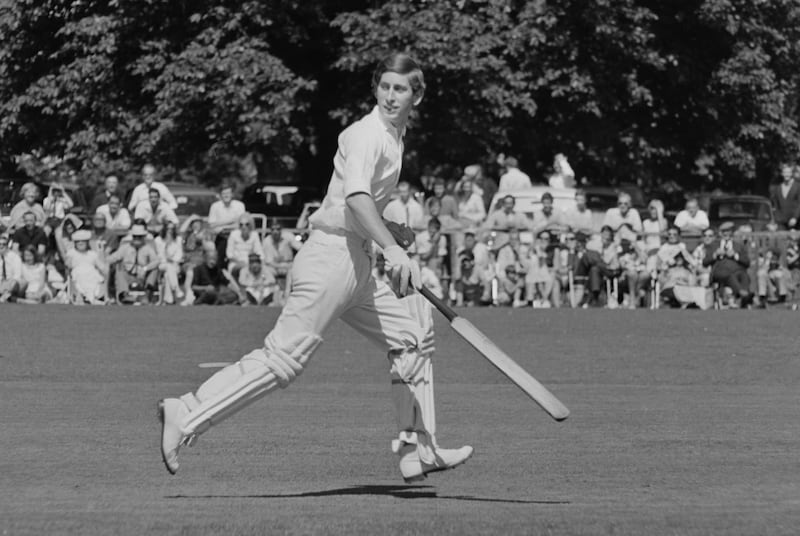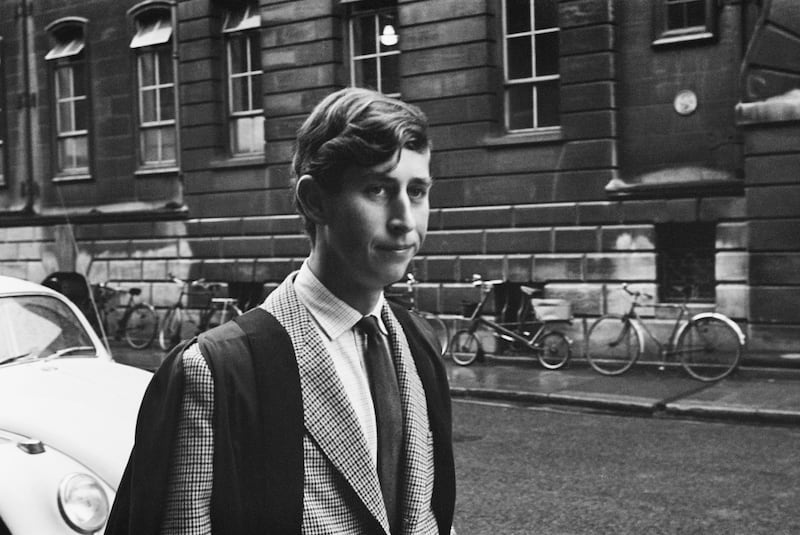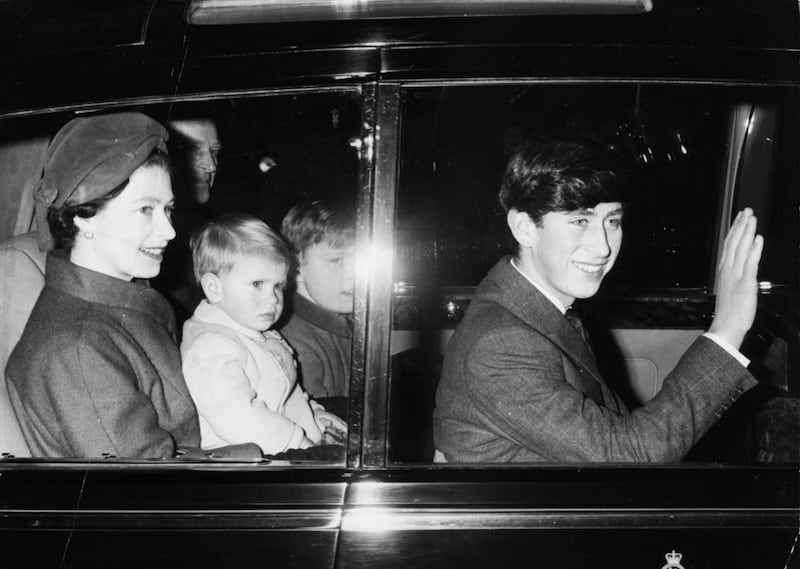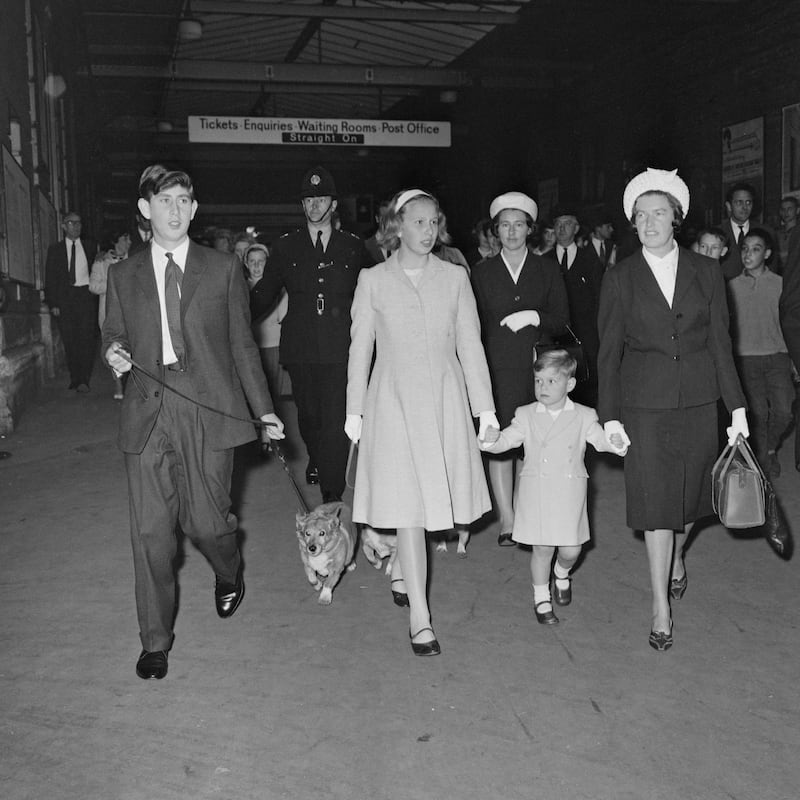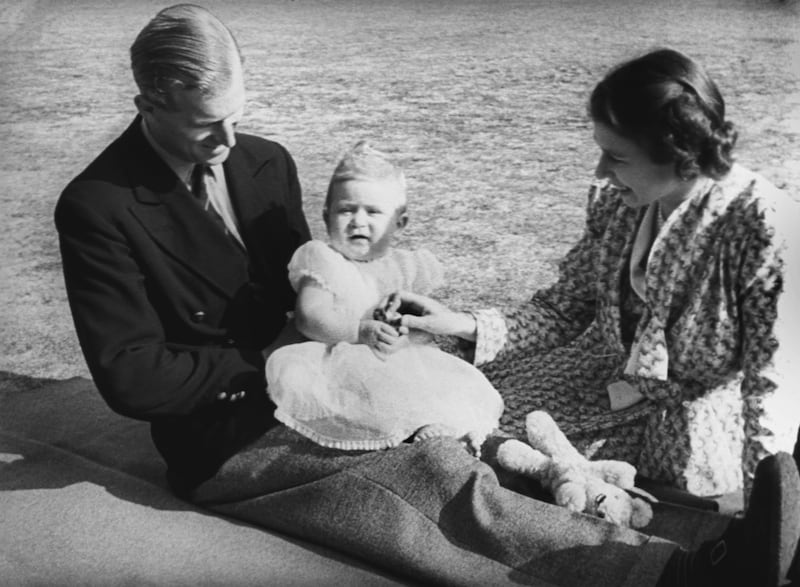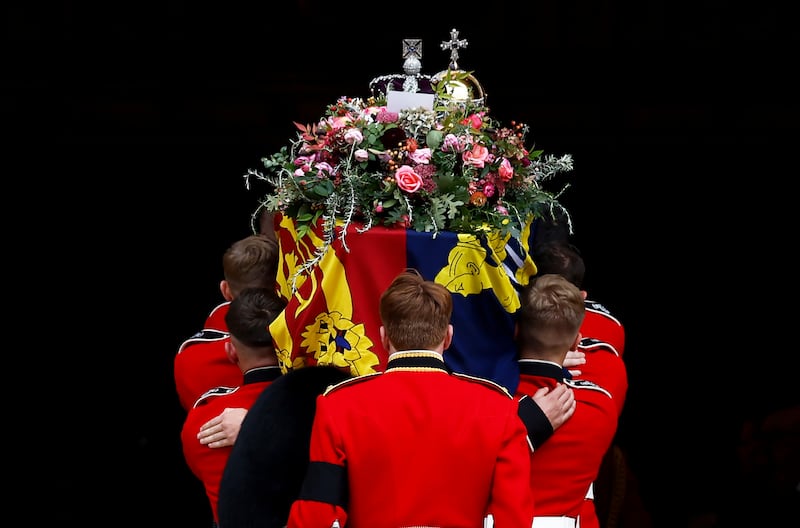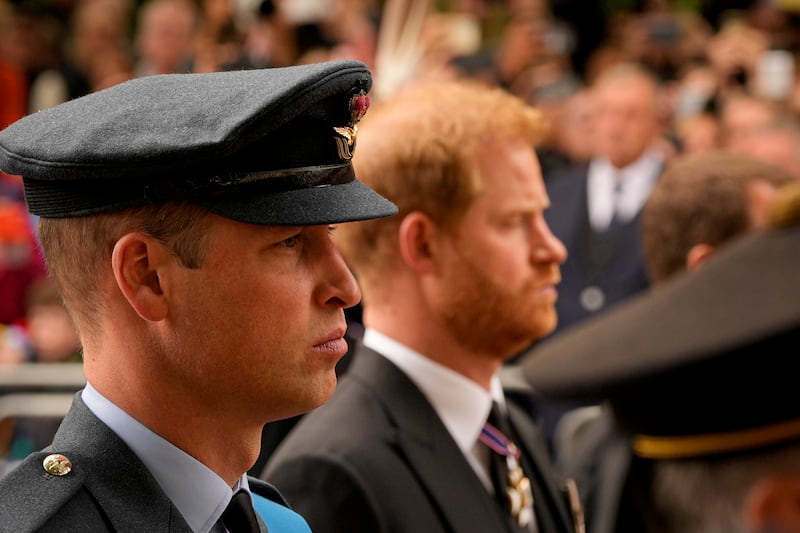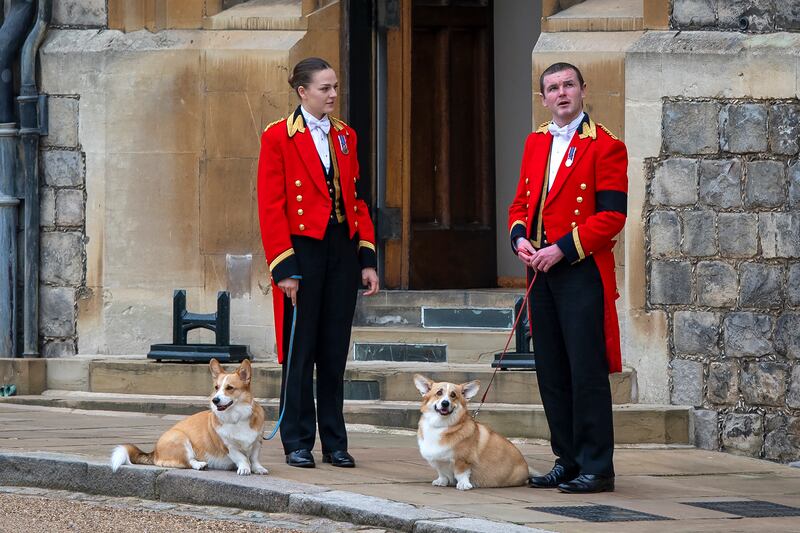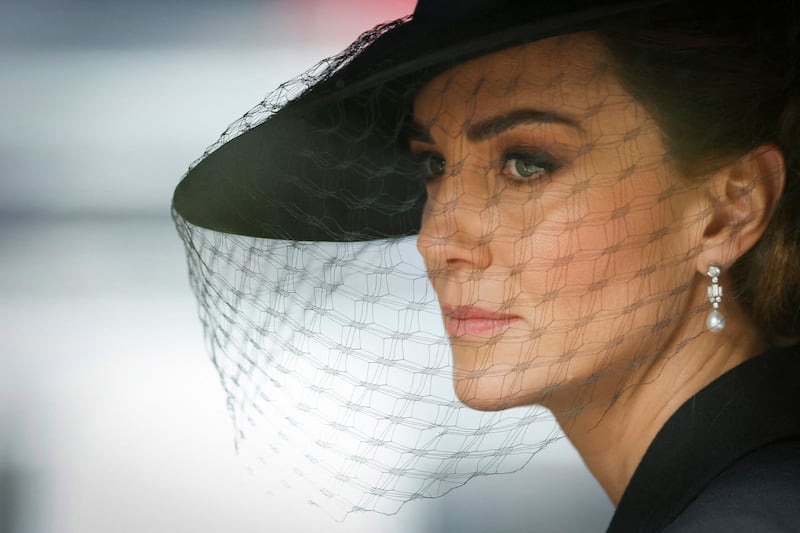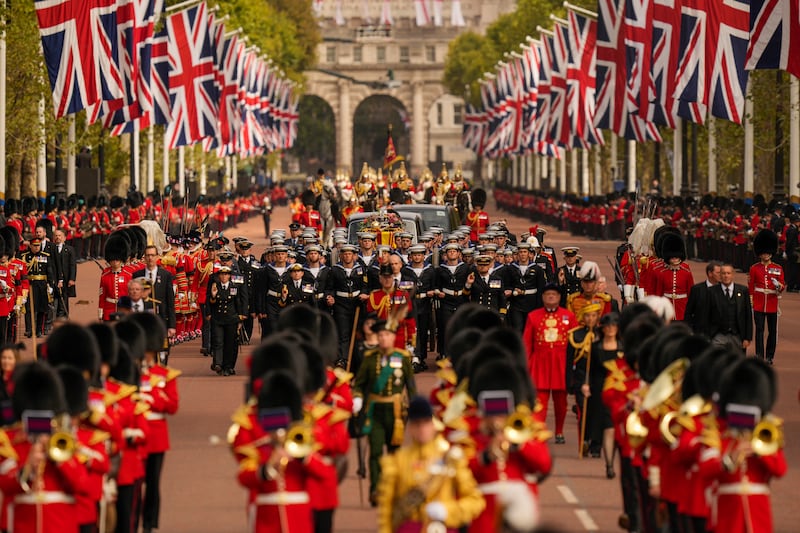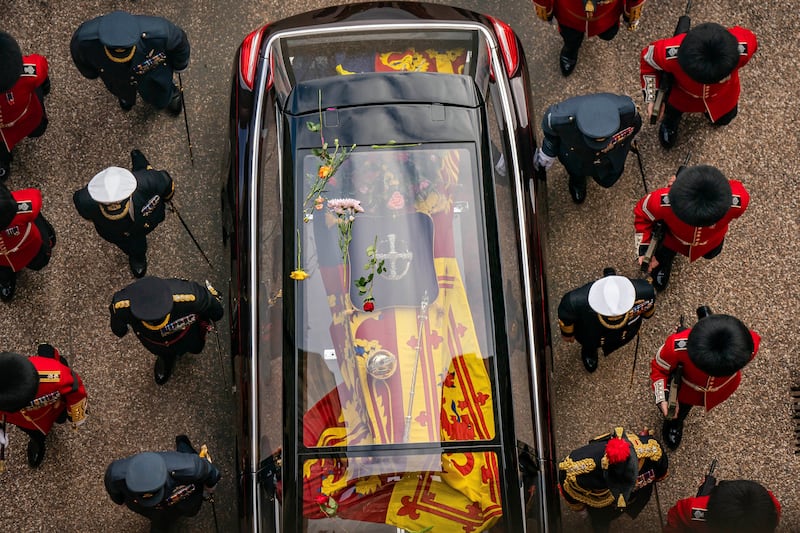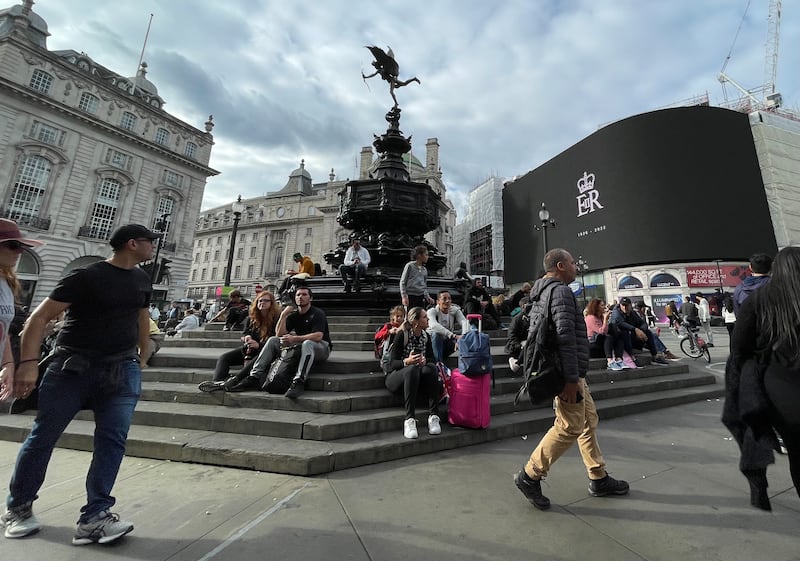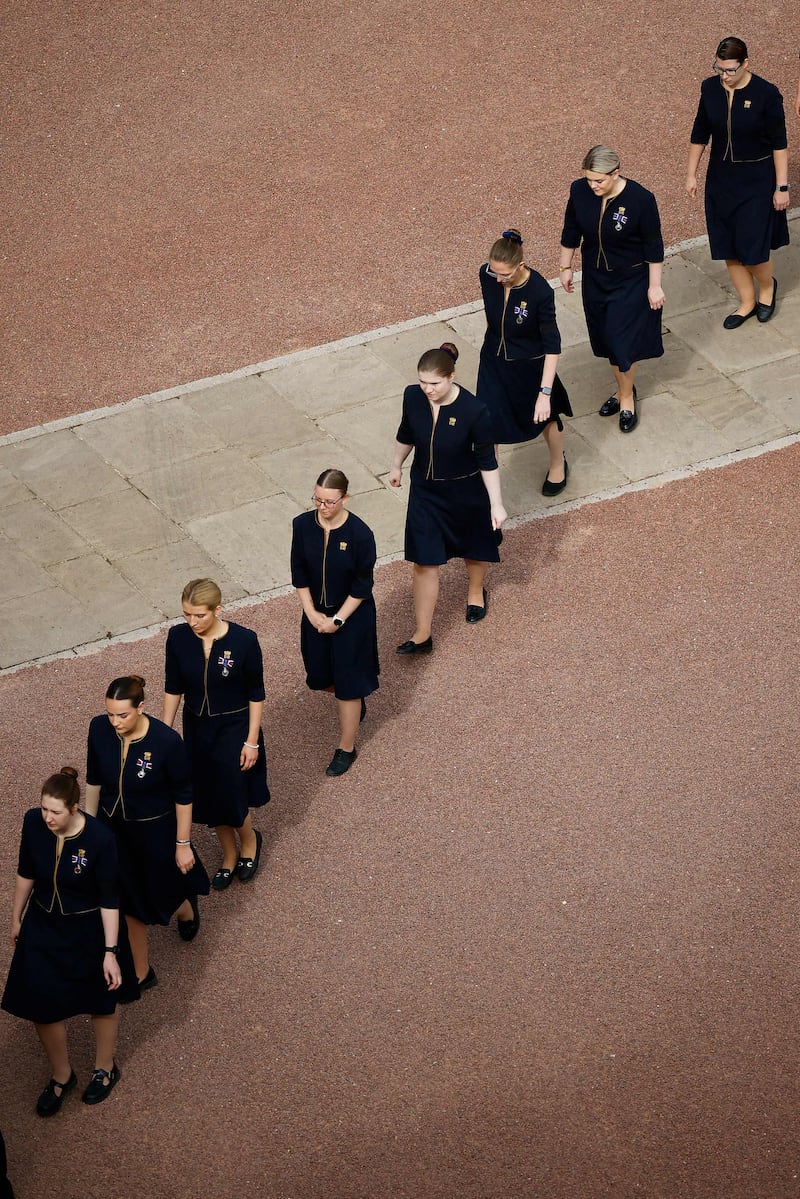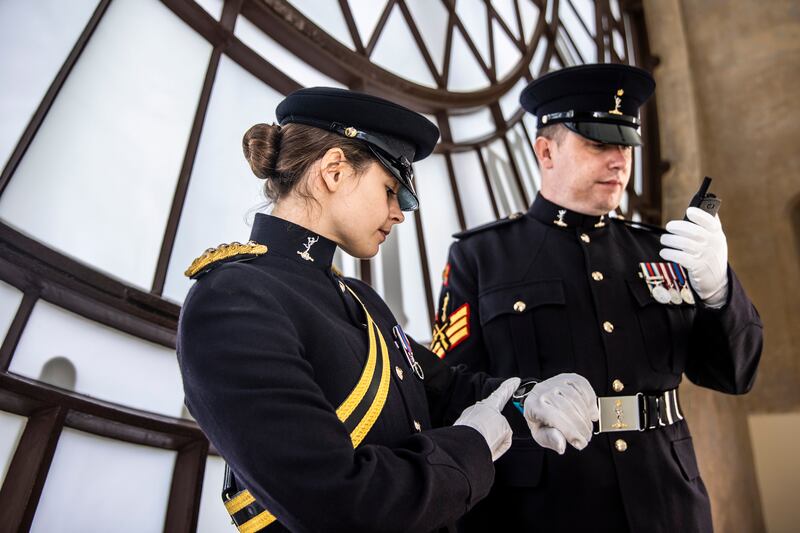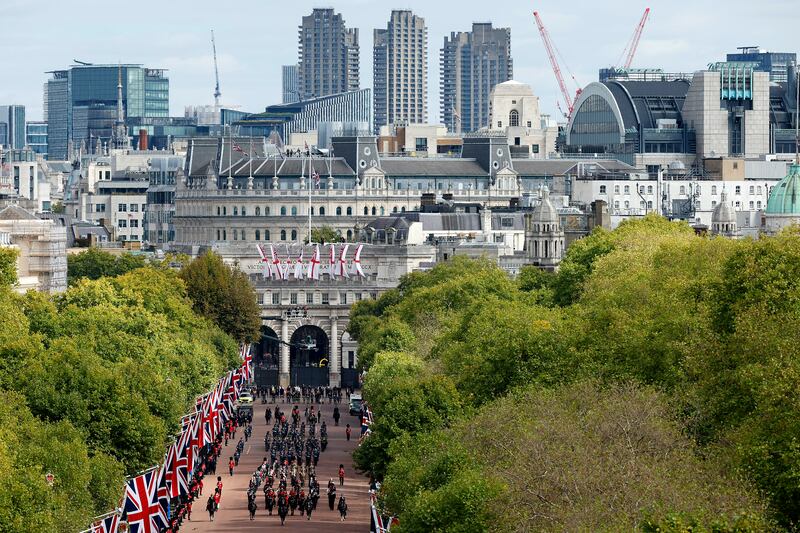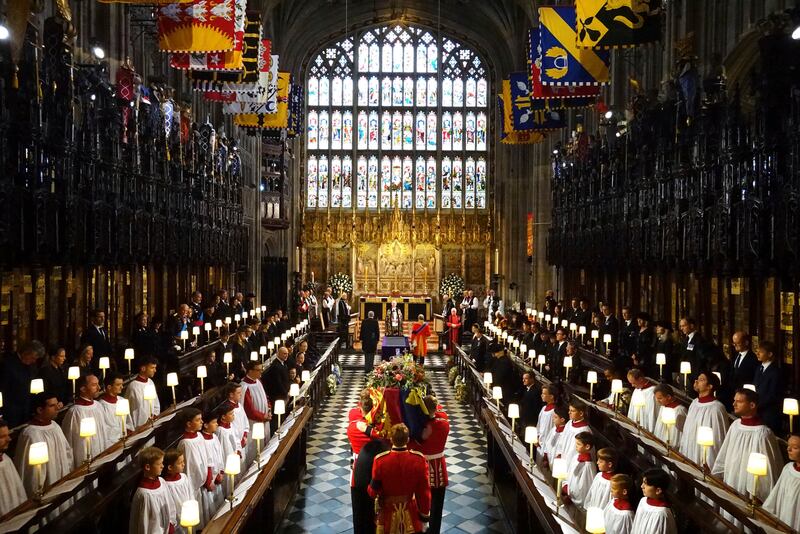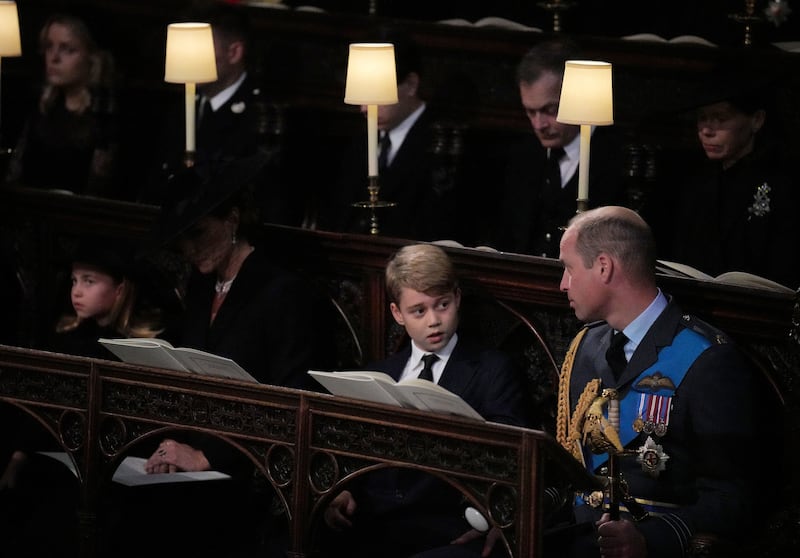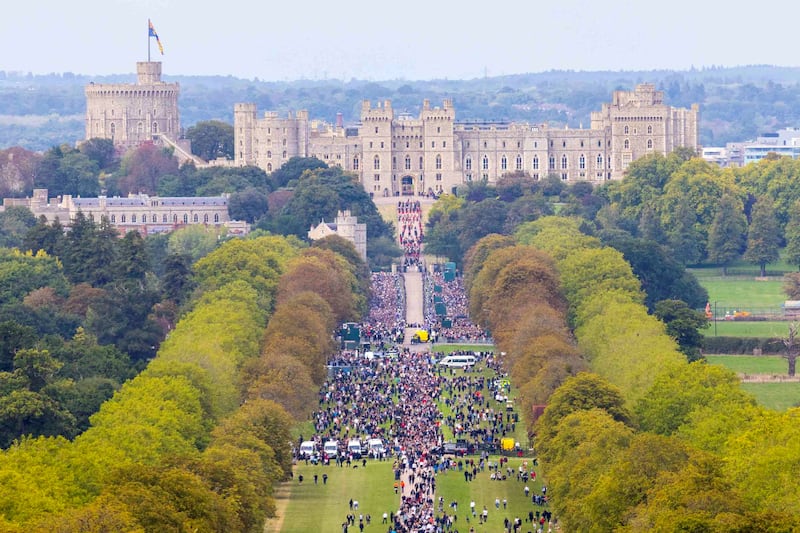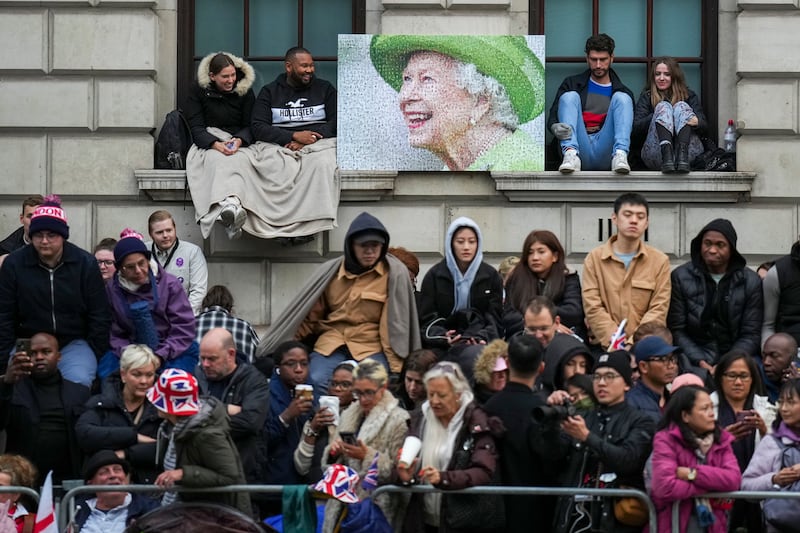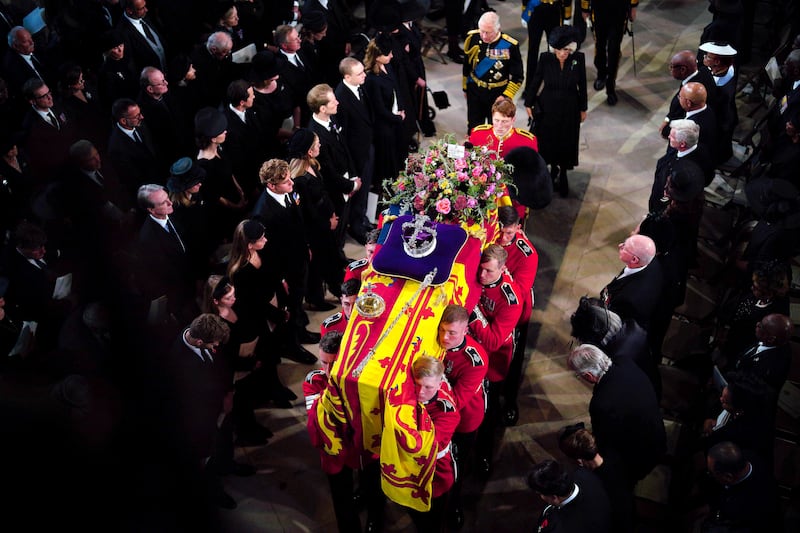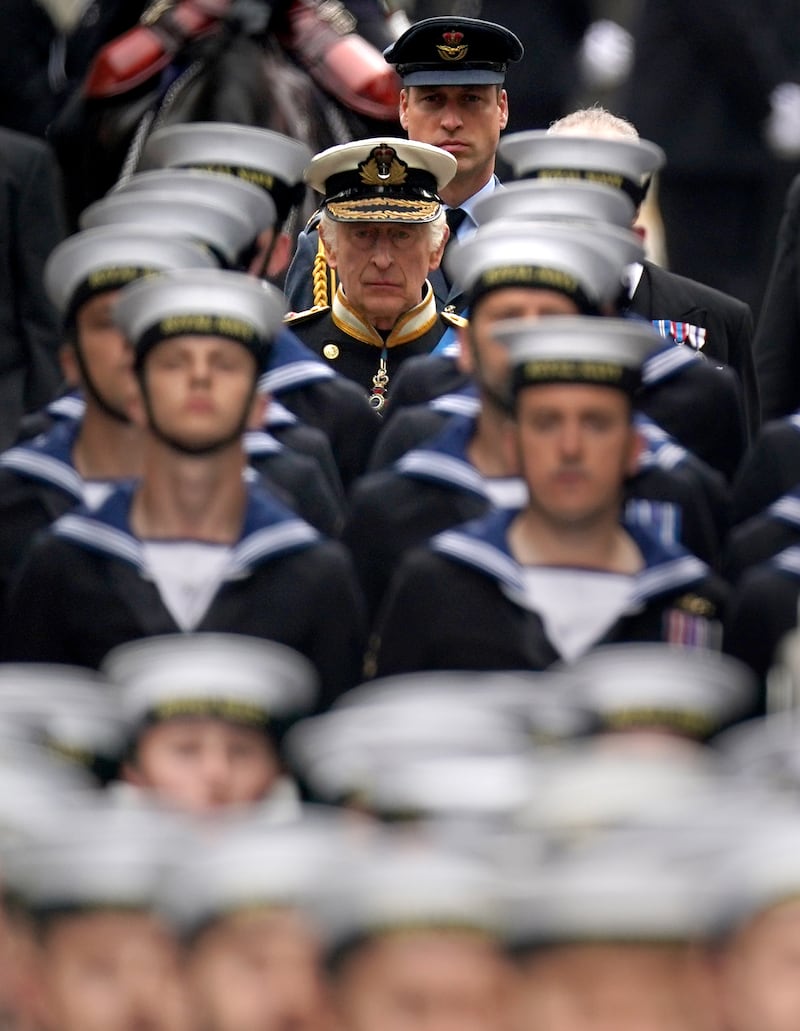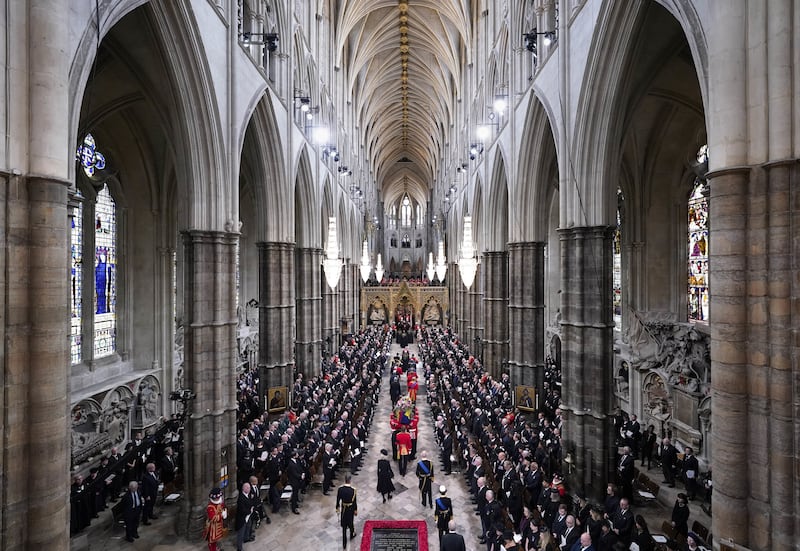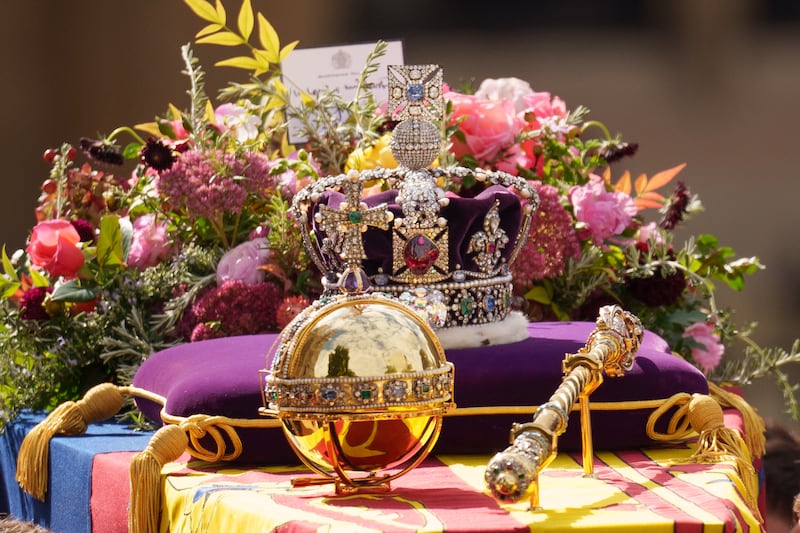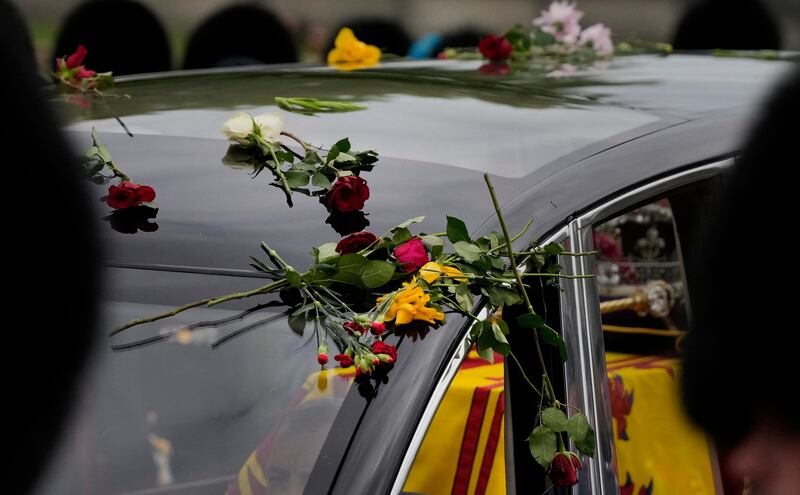From his nods and winks during formal proceedings to his outburst over a faulty pen, King Charles III is an expressive man who fails to live up the Queen Elizabeth II maxim: “Never complain, never explain.”
It will not be long before his instincts start to drive change in a royal family establishment that is ripe for it.
The new king has considerable power over royal appointments for his immediate family and will also inherit an immense fortune with too many homes for a slimmed down list of working royals.
Having pledged to step back from some of the causes with which he was most closely identified, there is also a calculation to be made about his future interventions in speeches and appearances.
The climate emergency is likely to be one of the few political areas that the king may choose to enter, having warned about environmental damage for the past four decades.
Religion could be another area of divergence from the queen’s strict adherence to the Anglican Church, with the king keen to promote diversity.
Popularity polls
As Prince of Wales, Charles at times found himself the subject controversy. His turbulent marriage and divorce from Princess Diana severely dented his standing, as did his comments on architecture and industrial farming.
He was also not helped by the leaking of his “black spider” memos in 2015, letters written to politicians in his distinctive handwriting.
A poll in May showed his popularity rating at 54 per cent while the queen’s stood at 81 per cent and Prince William’s at 75.
But the heartfelt speech he made the day after his mother’s death appears to have moved the dial, suggesting he would continue the queen’s conscientious manner of ruling and know his constitutional place.
That has already had an effect, with a recent YouGov poll showing that people who thought he was doing a good job had increased from 32 per cent in May to 63 per cent after the queen died.
Sibling and son
At 8am on Monday, flags that have been half-mast at royal residences since September 8 will be raised and black armbands removed.
Before then, the king will consider what to do with Prince Andrew, who caused great harm to the family with the US court case that involved allegations of an under-age liaison with Virginia Giuffre and an alleged £12 million ($13.5m) settlement.
Prince Andrew was stripped of many titles and positions but is understood to be eager for a return to a royal role, particularly having suffered the humiliation of not being allowed to wear a military uniform over the past week.
But his brother will know the damage to his and the family’s standing if Andrew is rehabilitated, so for now is likely to retain his mother’s sanctions.
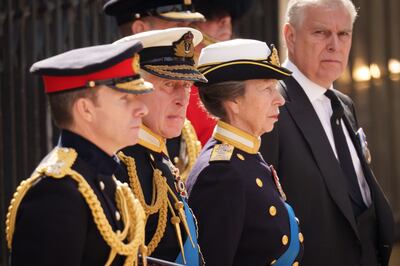
Since the queen’s death it is not known how deep the reconciliation might have been between Prince Harry and his father after the damaging Oprah Winfrey interview last year, including Meghan’s allegations of racism in the palace.
King Charles may well decide to “take a view” when Harry’s book expose of royal life is published at some point next year.
The National also understands that the king is not greatly enamoured with living in Buckingham Palace and would rather it became a museum and an “office” where he can greet dignitaries, host dinners and carry out investitures.
King Charles is said to be far more comfortable in Clarence House but understands the importance of the monarch’s main location being Buckingham Palace.
Slimmer monarchy
With Prince Andrew and Prince Harry no longer functioning as “working royals”, the job may already have been done to fulfil the king’s desire the reduce their number and save on the public purse.
Expenditures include an estimated £100m bill for police protection alone.
There are now only seven main royals who carry out official duties, such as opening hospitals or schools and representing Britain on overseas trips, which gives the country a degree of influence.
And the remaining working royals are all regarded as “safe hands” who will not expose the family to negative publicity.
Sophie, the Countess of Wessex, has recently had very positive press after her close friendship with the late queen has become more widely known.
Her husband Prince Edward and his sister Princess Anne are regarded as hard-working royals who avoid controversy.
Prince William and his wife Kate generate positive publicity and will continue to embark on even more prestigious events after becoming the Prince and Princess of Wales.
With her steadying influence on King Charles over the past week, the Queen Consort Camilla could well grow in popularity and demand.
Indeed, some in the household argue that there are not enough working royals, possibly allowing some in the younger generation to step up.
King’s gold
In return for the work in burnishing Britain’s image, King Charles is given a “sovereign grant” that covers staff costs, travel and upkeep of palaces.
This amounted to £86m in the past year, calculated as a share of the treasury’s revenue from the crown estate that covers a large amount of central London, the seabed around the UK, Ascot racecourse and land and assets.
And the family has land, assets and property from the duchies of Lancaster and Cornwall that combined are worth £1.7bn and made of profit of £47m last year.
It will be King Charles’s decision on whether he continues to bankroll his immediate family as his mother did. Changes will inevitably lead to friction.
Defender of Faiths
On accession the king immediately becomes supreme governor of the Church of England, a role that his mother saw as a sacred duty.
This is enshrined in the accession promise that he would become the “defender of the faith” when it had been speculated he would replace it with “faiths”.
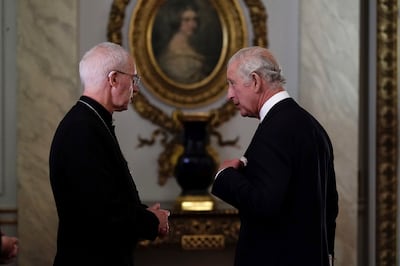
King Charles has shown an interest in other religions and wants to be an interfaith monarch, hence the idea of defending “faiths”.
He is interested in Greek Orthodoxy, Buddhism — with supporting for the Dalai Lama — and has studied Islam.
“Like other sacred texts, the Quran offers some profound and perceptive understanding of human and economic development — concepts that do not calculate well-being in merely financial terms,” he once said.
His multi-faith support could well make him stand out from his mother in a manner that it would be hoped does not attract controversy.
Climate prophesy
Another area in which King Charles might increase his popularity, particularly among younger people, is his continued promotion of the environment.
When he began preaching about mankind’s damage to the planet and climate catastrophe he was considered a touch eccentric.
Given today’s environmental emergency, it appears more prophetic and he could well, with government permission, continue giving speeches at international climate events.
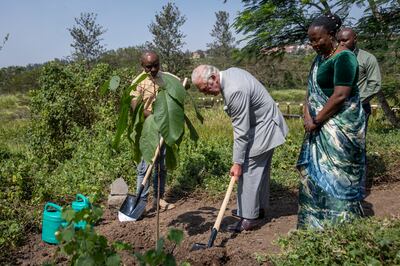
He was also an early proponent of returning areas to the wild, something now conducted across Britain, and his promotion of organic food in the 1990s has seen it become a market worth nearly £3bn.
Stability
Queen Elizabeth’s reign was a constant in stability and her heir will seek to continue this, albeit asserting some positive influence in terms of religion and the environment.
Aides say the king works extremely hard but one slight issue is a tendency to public displays of irritation, twice witnessed in his issues with ink pens in the past 10 days.
After the decades of preparation and the support from his loving wife, it is hoped that King Charles will not be experiencing the emotions of his great-uncle Edward VIII, who after his father’s funeral felt the “uneasy sensation of being left alone on a vast stage”.
